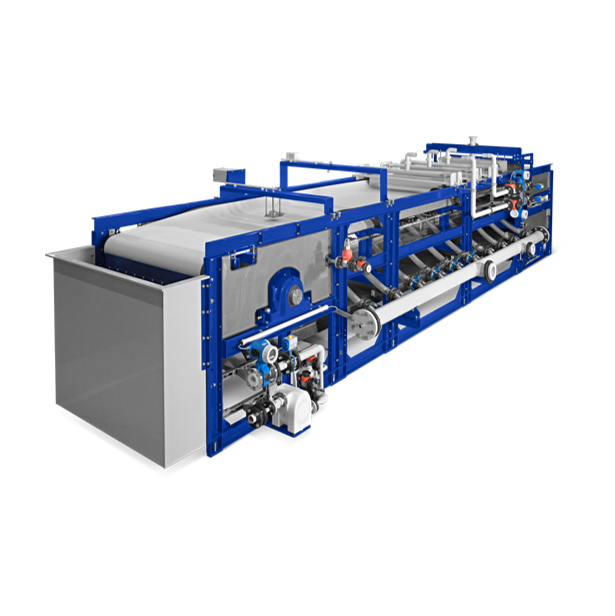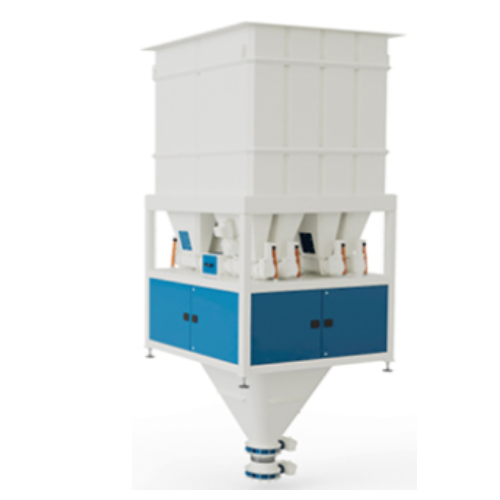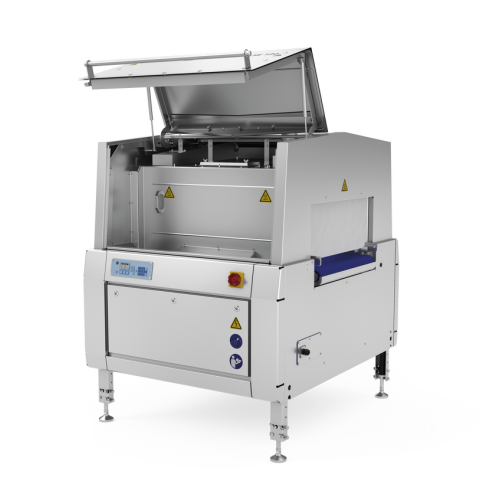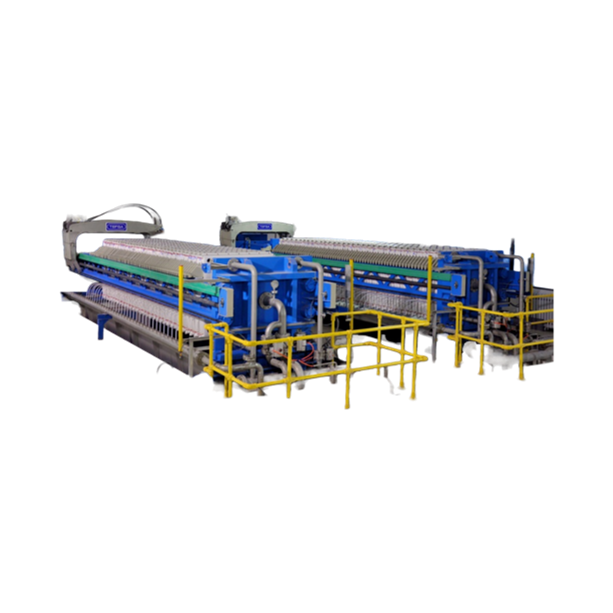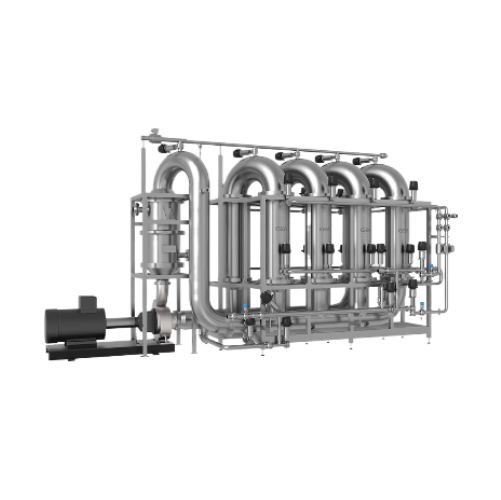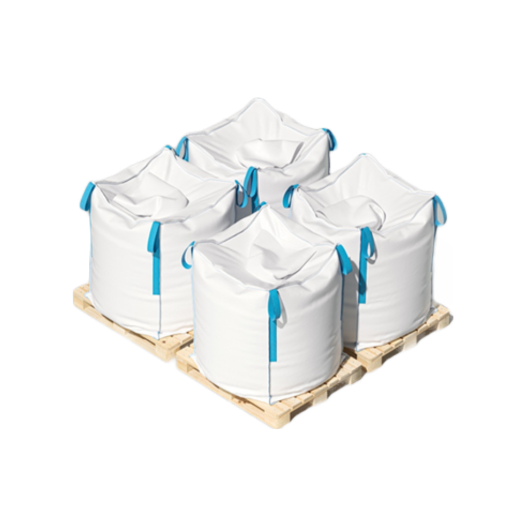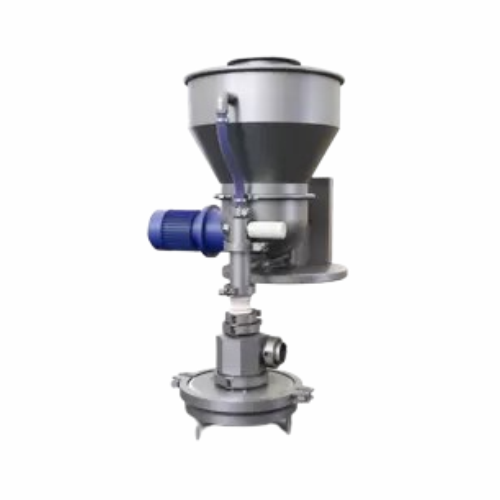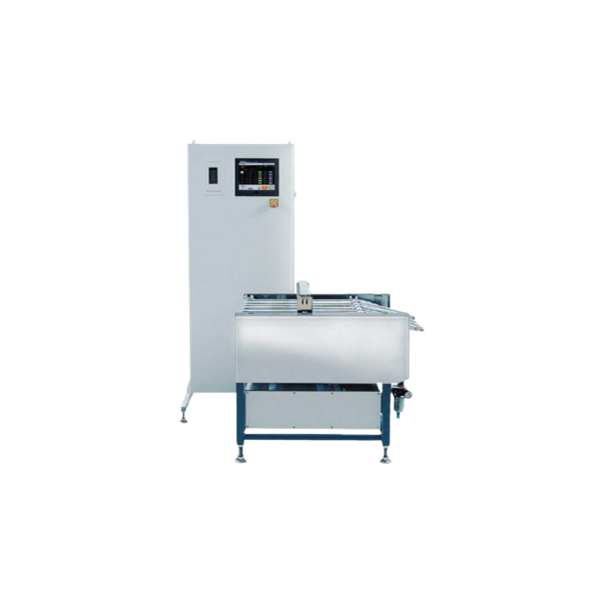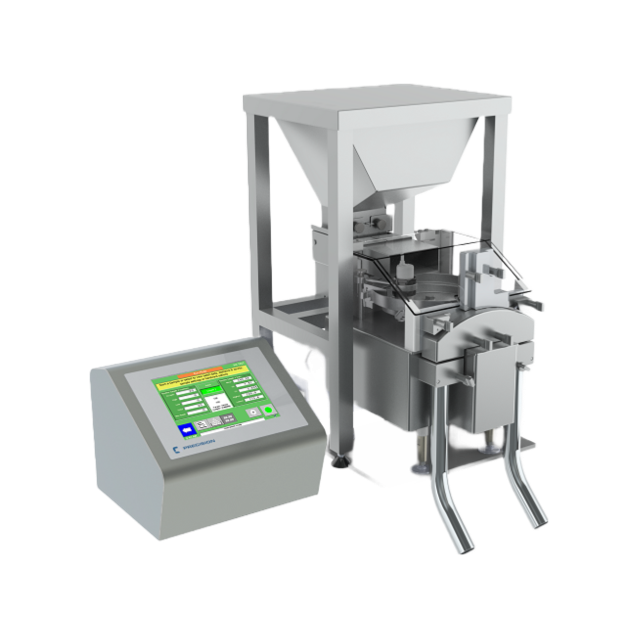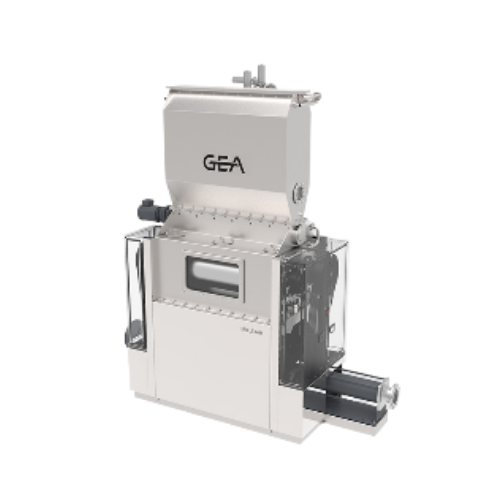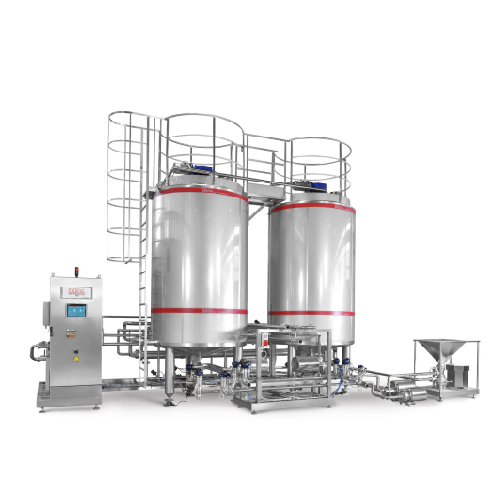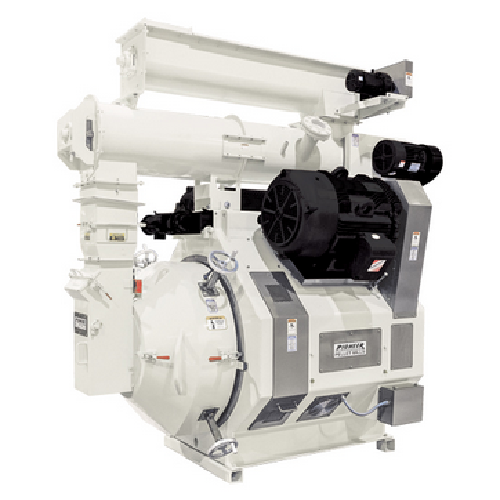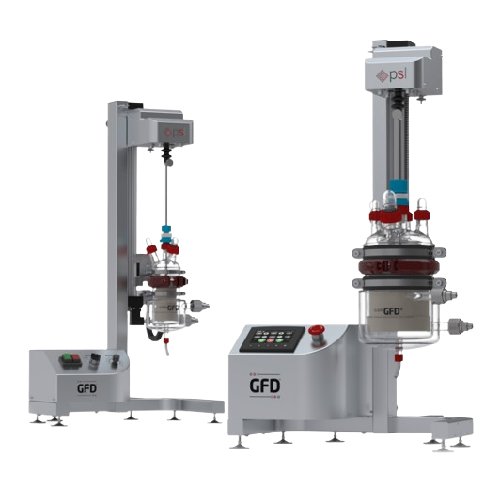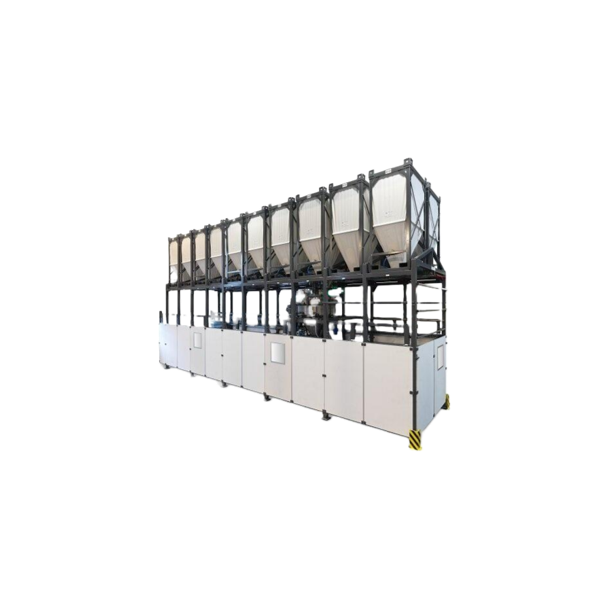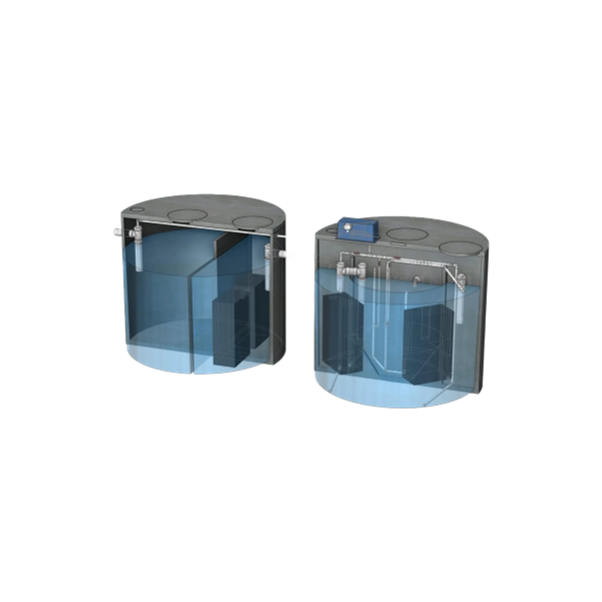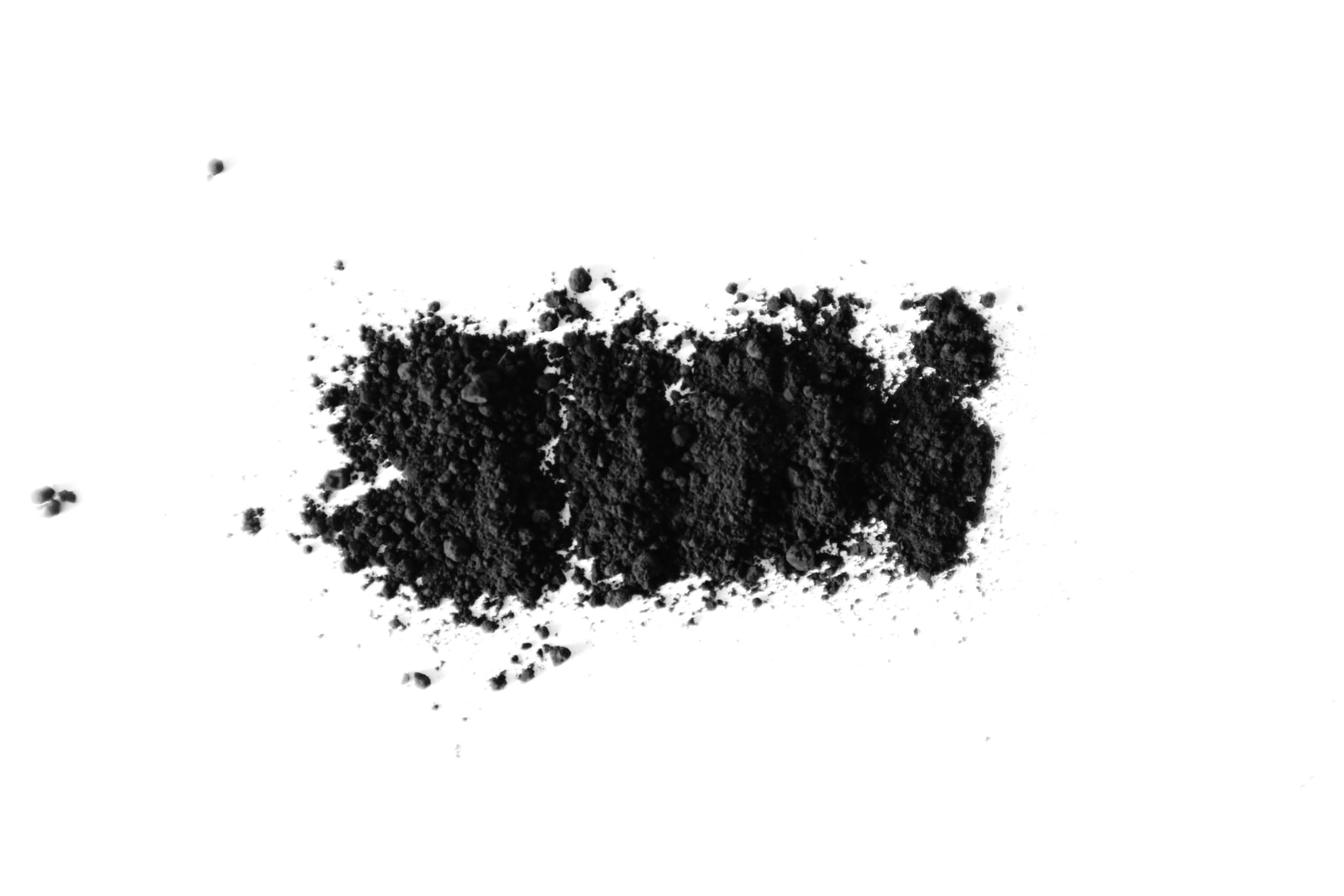
Carbon Black Production Technology
Find innovative production technology for making carbon black and connect directly with world-leading specialists
Carbon blacks are fine pigment particles that consist mainly of carbon. Its production became popular in the second century with the establishment of paper production. Hydrocarbons such as oil and natural gas are the basic raw materials for manufacturing them. However, the properties of carbon black differ depending on the processes carried out with the use of carbon machinery and production technology.
Technology picks for carbon black
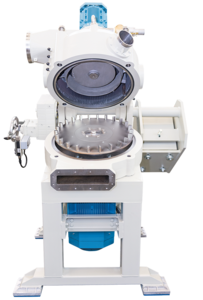
Classifier mill for recovered carbon black
Recovered Carbon Black (rCB) can be recycled back to the tire production chain ...
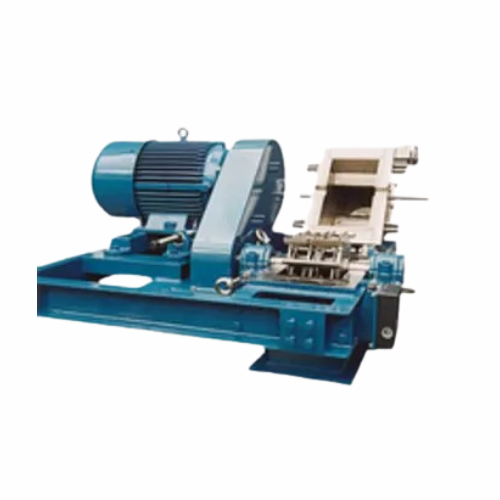
High-speed pulverizer for carbon black production
Achieve consistent particle size and optimal homogenization with high-s...
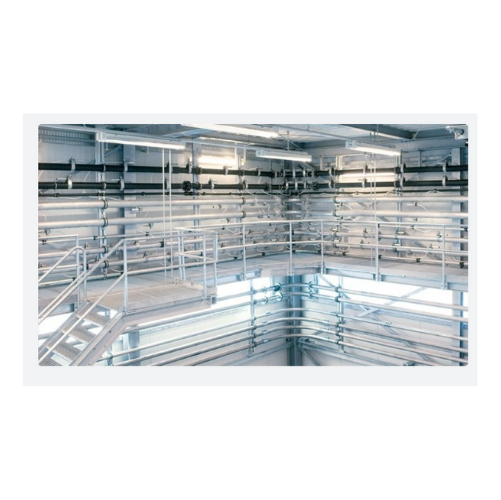
Industrial conveying system for carbon black and silica
Ensure dust-free conveyance of sensitive materials like carbon bl...
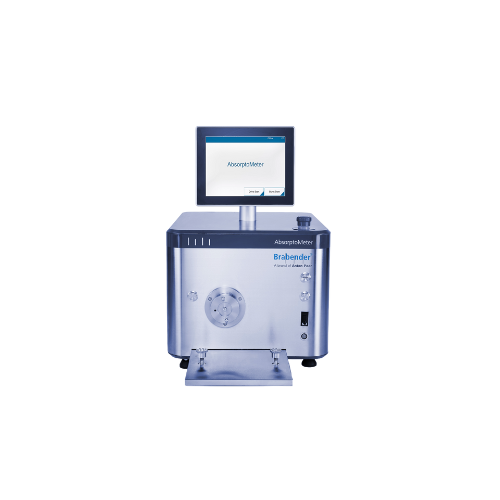
Oil absorption testing instrument for carbon black and silica
Accurately measure oil absorption in powders to enhance fo...
Tell us about your production challenge
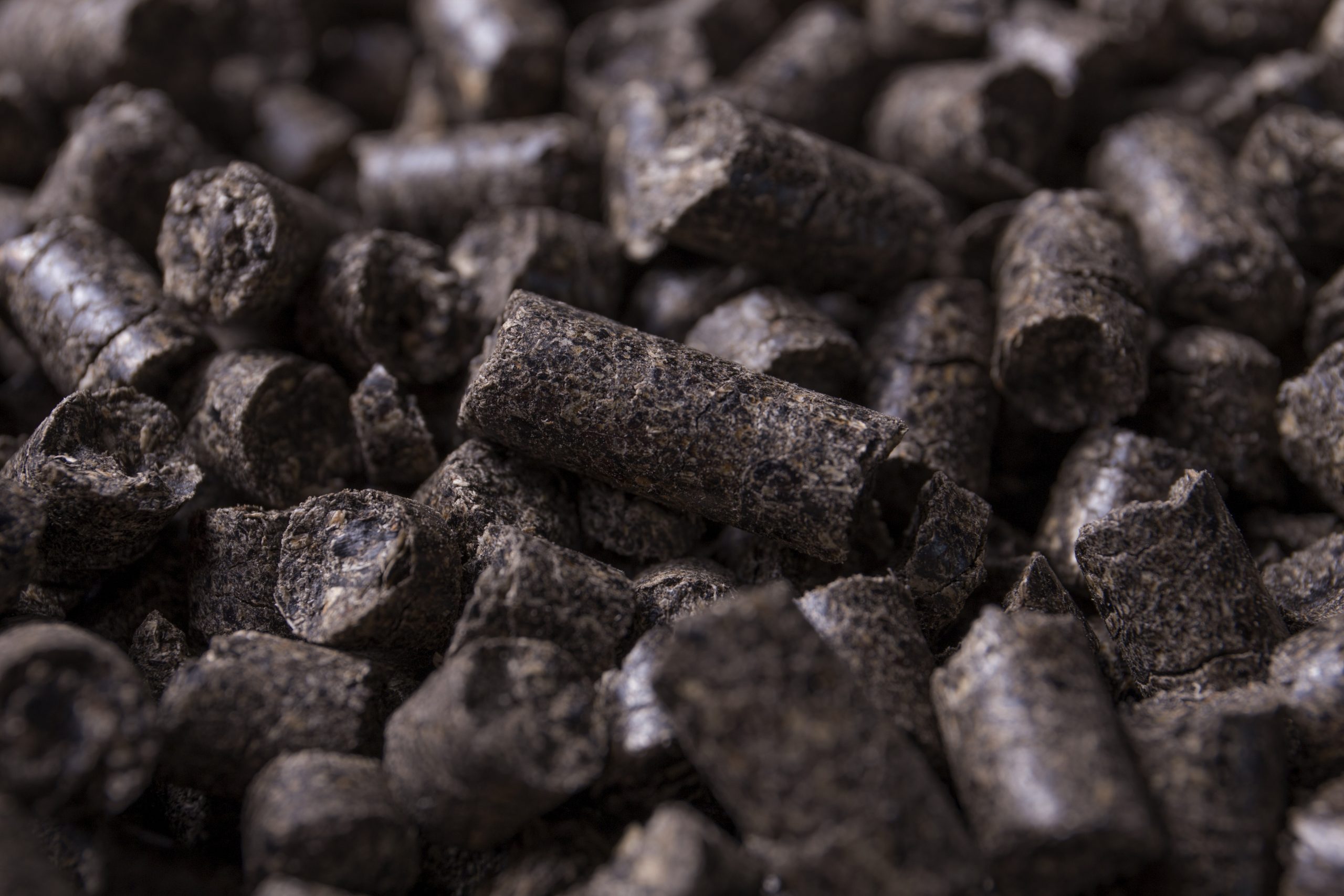
Manufacturing carbon black in a carbon black making machine
Producers of traditional carbon black use one of two manufacturing processes. These are either the oil furnace process or thermal process. For the oil furnace process, they heat and continuously inject aromatic liquid oil into the gas-fired furnace. They cool the carbon particles by passing them through heat exchangers and direct water sprays and filter them using a fabric filter. Finally, they use a carbon black pellet machine to convert the recovered carbon into marketable pellets for tire, rubber, and plastic products. Carbon pelletization is important because it increases its density and thermal stability, making it safe for storage and packaging.
The thermal process is cyclical and involves the use of two furnaces to decompose natural gas. When the first furnace black produces carbon and hydrogen, you cool it. Then, use the second one while you heat the first one.
Environmental impact of carbon black
The production of carbon black through the combustion of fossil fuels generates emissions associated with many negative effects both on humans and the environment. It has been linked to congenital disabilities, cancer, respiratory and cardiovascular diseases. Its ability to affect rain and cloud patterns makes it a key contributor to climate change. For this reason, silica is overtaking in terms of popularity due to the fact that it is a natural materials found in the earths crust. A solution to reducing carbon blacks impact on the environment is to produce it by using abandoned tires as the feedstock in the carbon black machine.
This is a safer, environment-friendly substitute because the manufacturing process removes carbon dioxide from the environment and reduces air pollution.
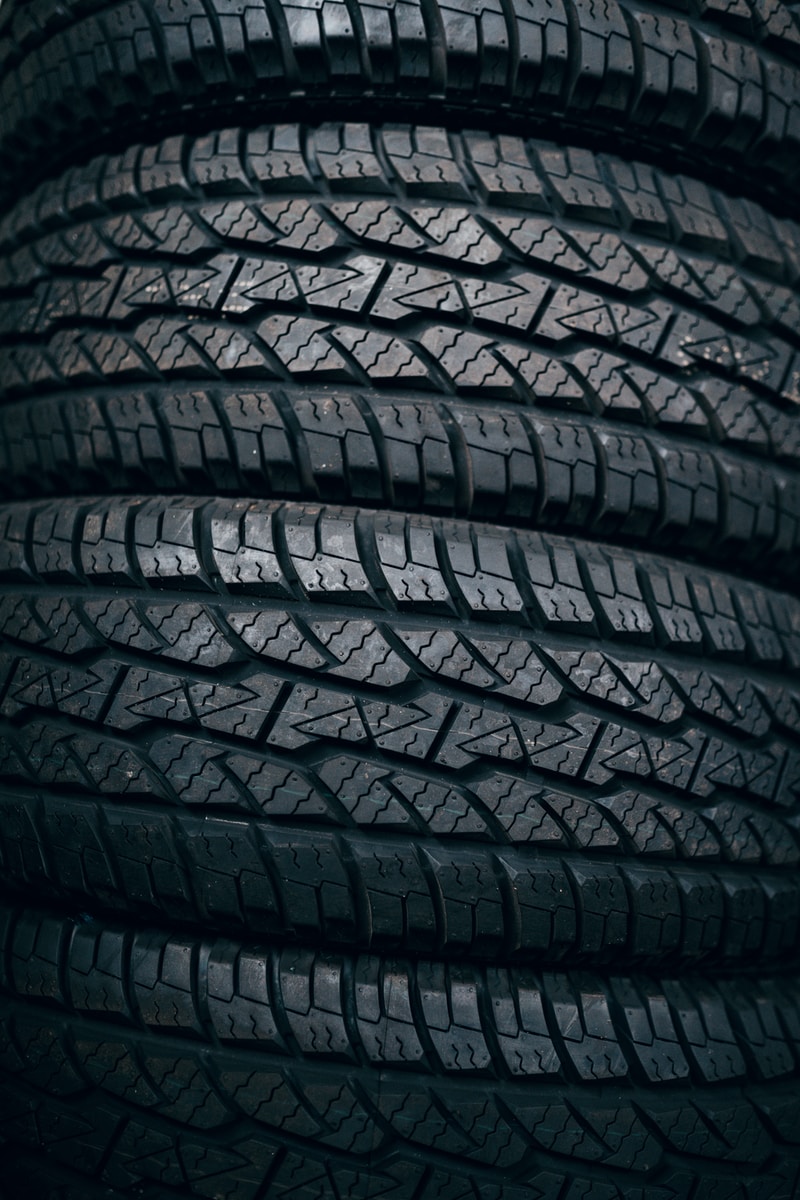
Green alternative to carbon black
The hazardous impact of carbon black on both human and environmental health has led to a rise in the demand for green alternatives like recovered carbon black. Its manufacturing process, which is the pyrolysis of waste tires during recycling, is eco-friendly. It differs from traditional carbon black production methods, which involve burning petroleum products.

Using and recycling abandoned tires is economical and safer for the environment because it is cheap and reduces the emission of carbon dioxide. In addition, recovered carbon black possesses a great ability to strengthen mechanical rubber products due to its low ash content. This characteristic makes it a better and less polluting substitute.
Processing steps involved in carbon black making
Which carbon black technology do you need?
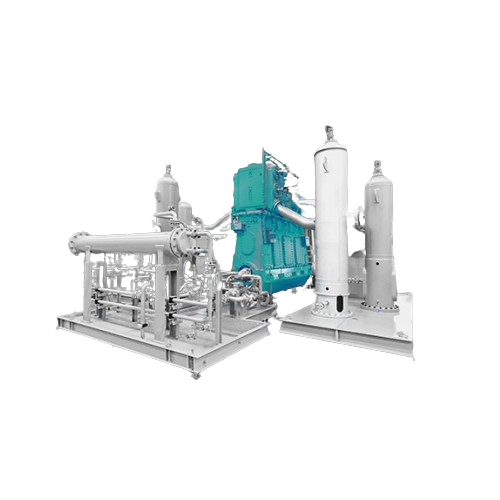
Industrial piston compressors for various applications
Optimize your gas processing capabilities with versatile piston co...
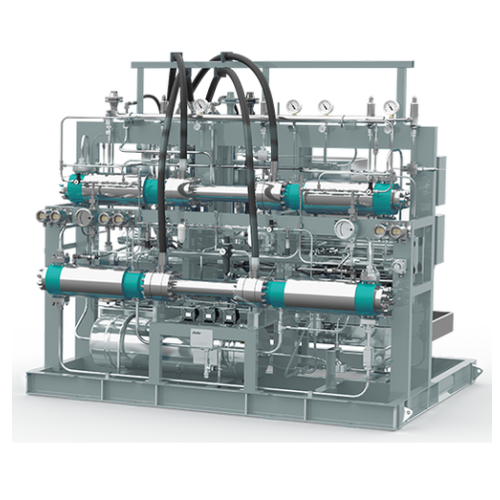
Hydrogen refueling stations planning and construction
Facing challenges in setting up hydrogen infrastructure? Our soluti...
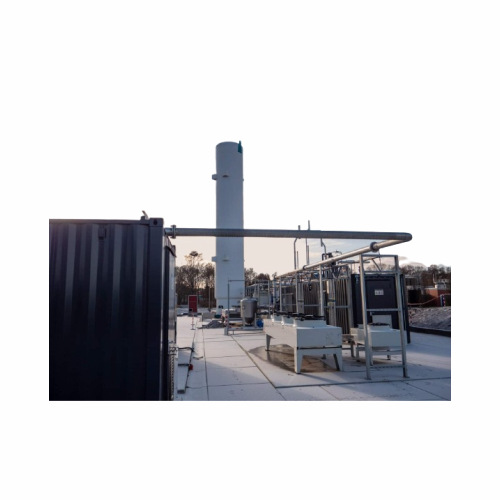
Co2 recovery and liquefaction system for biogas upgrading
Maximize methane recovery while producing food-grade liquid CO...
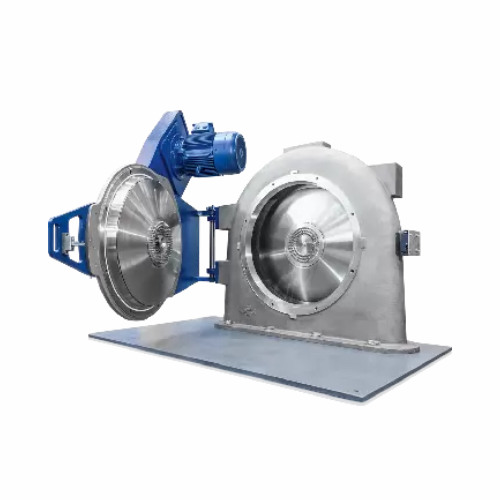
Industrial powder grinder
Achieve precise particle size reduction and classification with advanced equipment designed for co...
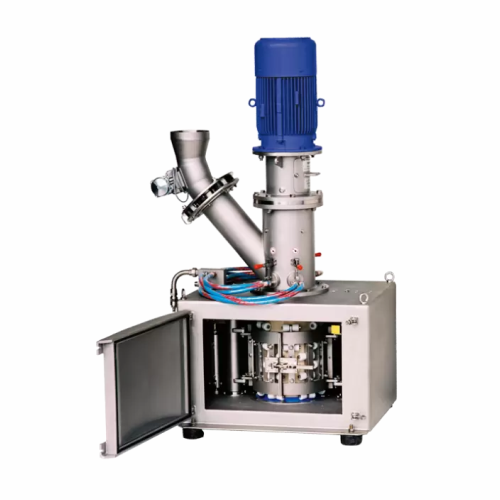
High impact mixer for powders and liquids
Achieve highly homogeneous mixtures with precision. This high impact mixer excel...
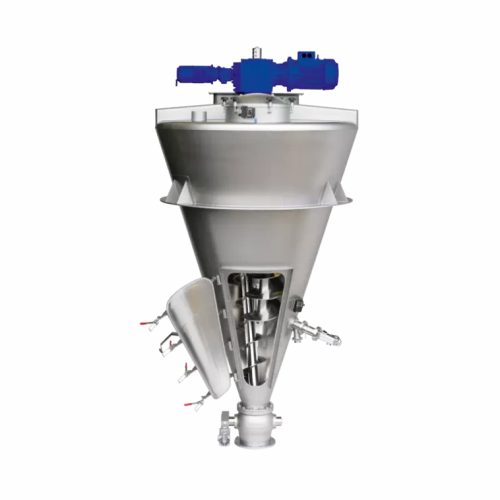
Batch mixer for segregative, free-flowing powders and pastes
Achieve precise and gentle batch mixing for delicate produc...
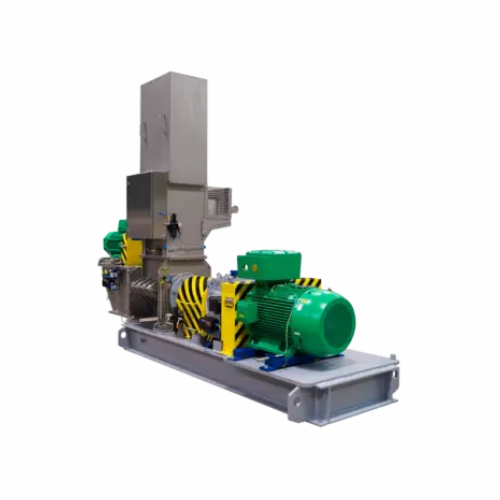
Choppers and disintegrators for industrial size reduction
Enhance your production efficiency by mastering size reduction...
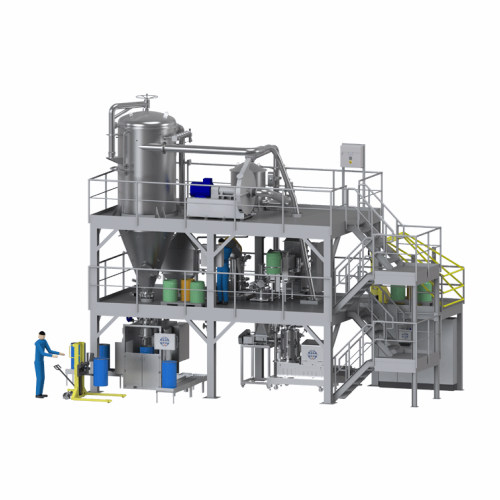
Drying systems for powders and bulk solids
Enhance your production line with precise control of moisture content in powder...
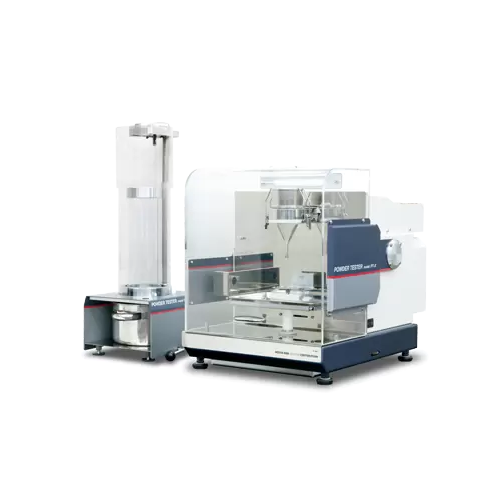
Powder characteristic evaluation
Ensure precise powder analysis and testing in your laboratory to optimize production qualit...
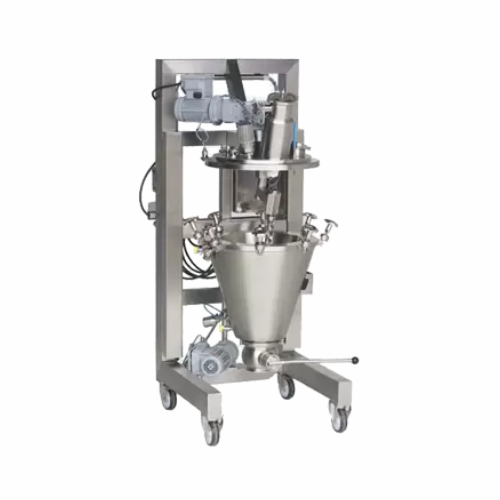
Laboratory vacuum dryer for heat-sensitive materials
Optimize moisture control in heat-sensitive materials with precise a...
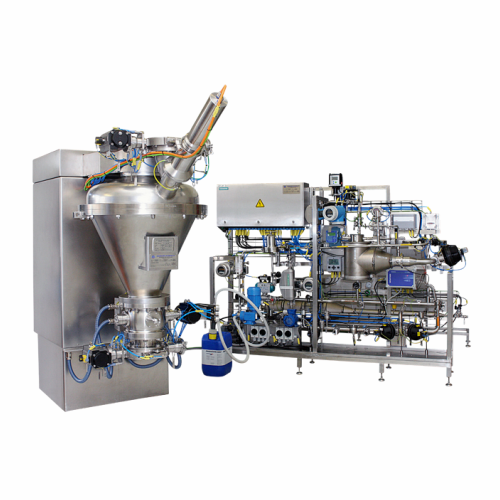
Cip/sip cleaning for solids processing systems
Ensure seamless transitions and maintain hygienic production environments w...
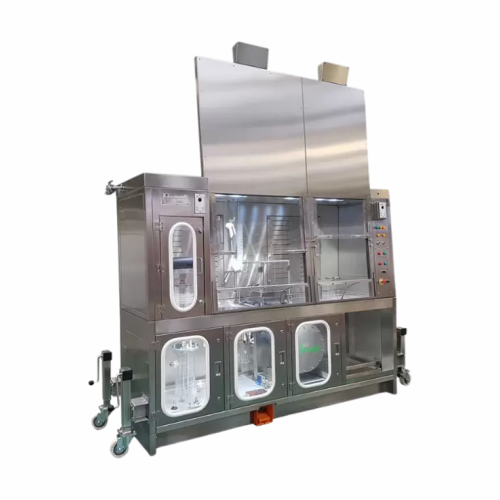
Containment solutions for hazardous material processing
Ensure safe and efficient processing of hazardous materials with ...
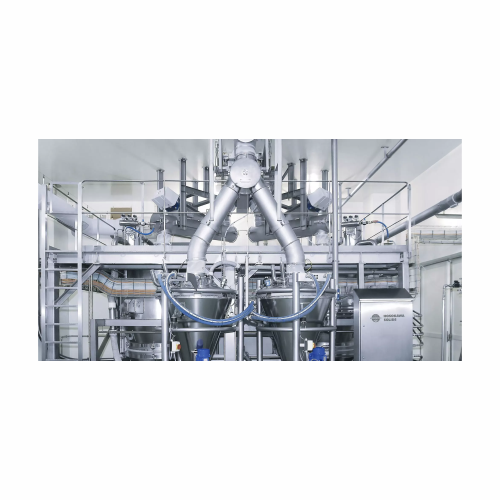
Pneumatic conveying system for bulk material handling
Efficiently transport bulk materials with precision through pneumat...
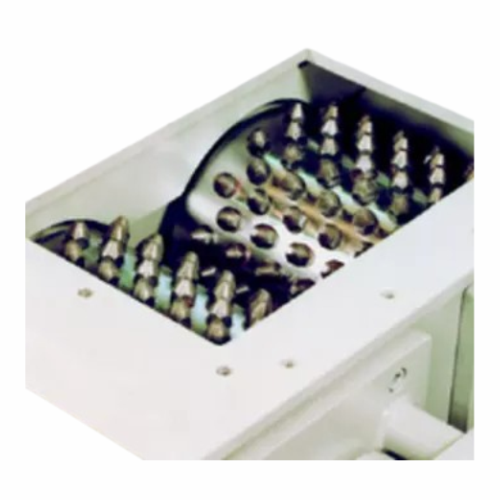
Industrial pre-crusher for coarse crushing
Optimize your production line by efficiently transforming clumped materials int...
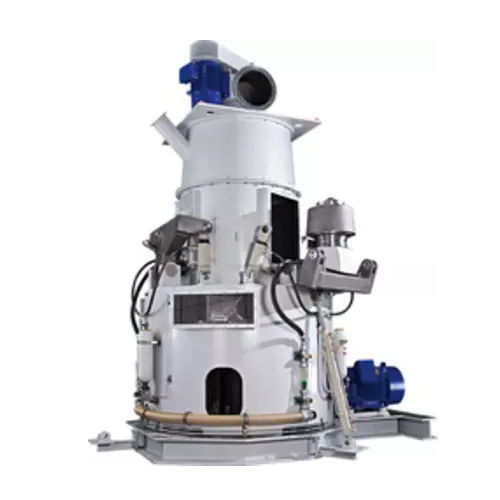
Table roller mills for mineral raw material comminution
Achieve precise mineral raw material comminution and energy-effic...
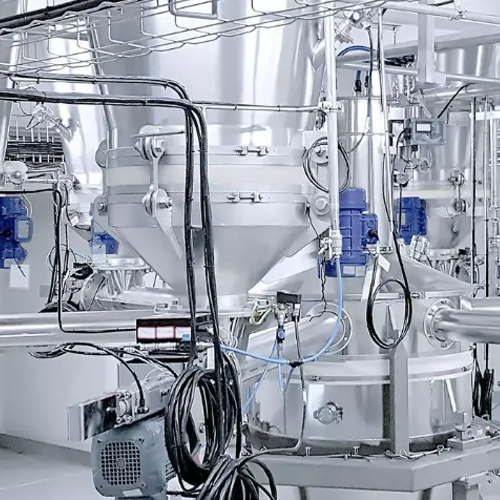
Conical screw mixer for powder blending
Achieve precise and homogeneous blending with the conical screw mixer, ensuring uni...
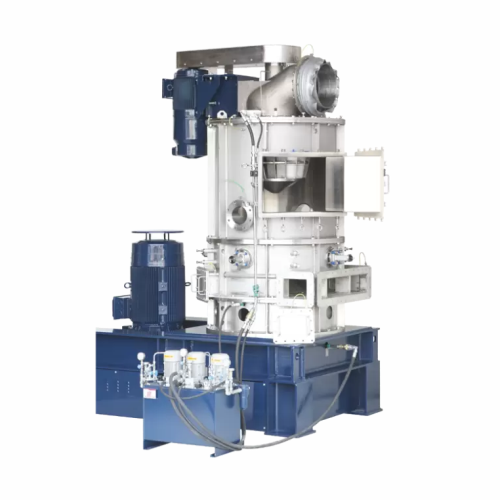
Ultra-fine powder flash drying system
Achieve rapid moisture removal and particle refinement with this integrated system, d...
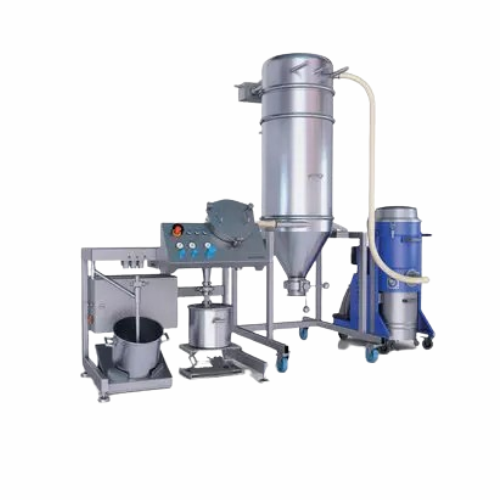
Spiral jet mill for ultrafine micronisation
Optimize your powder processing with precision-driven micronisation that ensur...
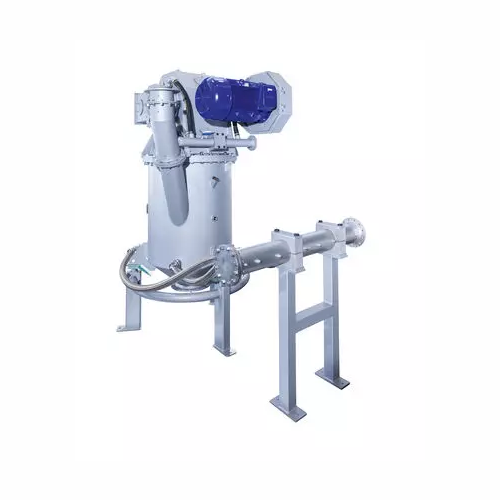
Fluidised bed opposed jet mill for fine particle processing
Achieve precise and consistent particle sizes with high-spee...
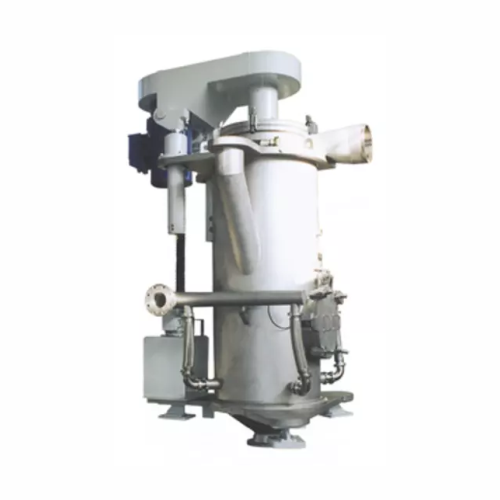
Jet mill for toner and pigment industries
Optimize particle size and distribution for high-demand applications with this h...
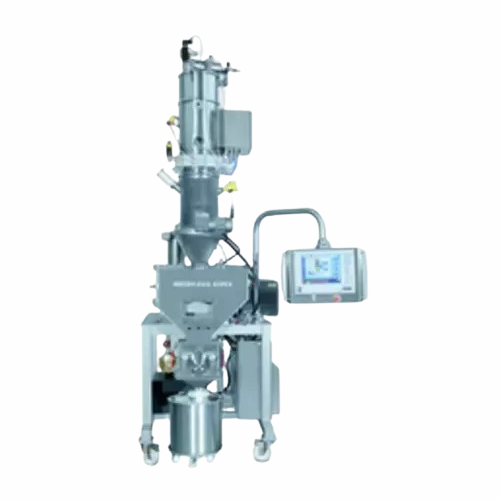
Compactor for powder processing
Designed for transforming powdered materials into uniform granules, this compactor enhances ...
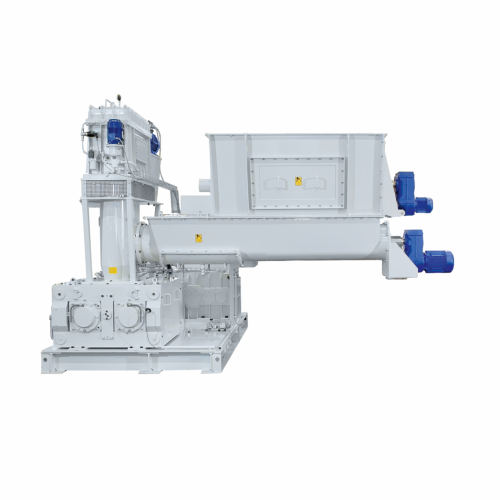
High-pressure roller compactors for chemical, food, and minerals industries
Achieve precise particle compaction and br...
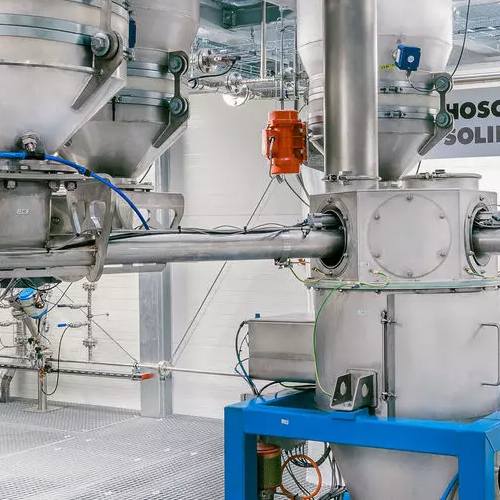
Mechanical conveying systems for bulk solids
Optimize your bulk material processes with advanced mechanical conveying syst...
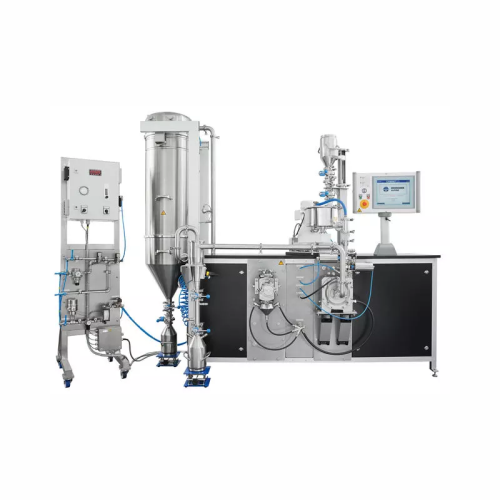
Multiprocessing system for flexible research and production
Optimize your process development with a versatile system th...
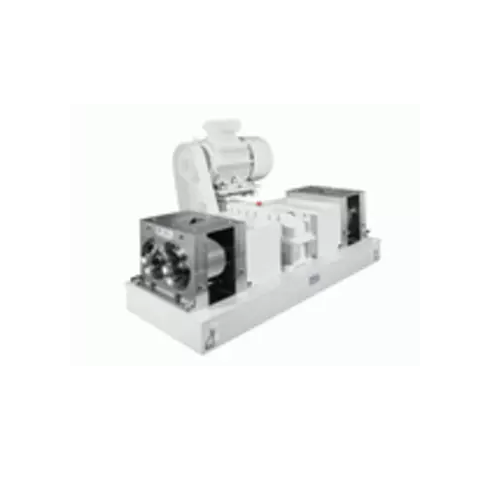
Pelleting and spheronizing equipment for chemical granulates
Optimize your production line with versatile pelleting and ...
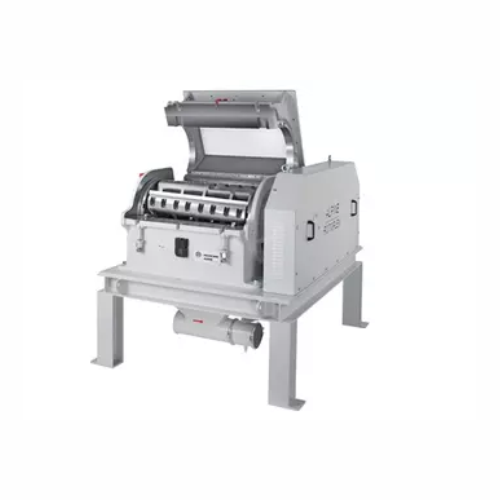
Industrial granulator for high-throughput plastic recycling
Facing challenges in efficiently recycling high-volume plast...
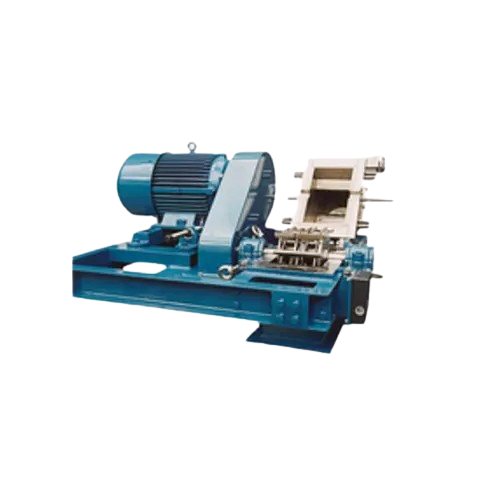
High-speed hammer mill for continuous operation
Achieve precise particle size reduction with high-speed hammer milling, id...

High-speed pulverizer for carbon black production
Achieve consistent particle size and optimal homogenization with high-s...
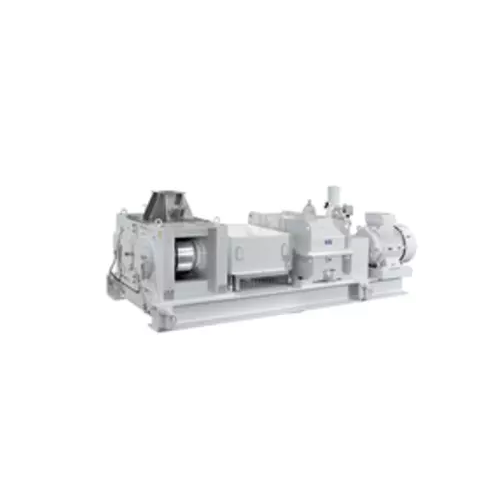
High pressure roller mill for medium-fine crushing
Achieve precision in particle size with high-pressure roller mills, id...
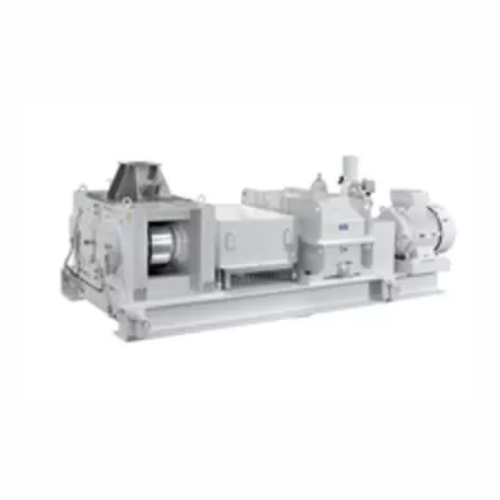
High-pressure roller mill for medium-fine crushing
Achieve precise granule distribution in medium-fine crushing applicati...
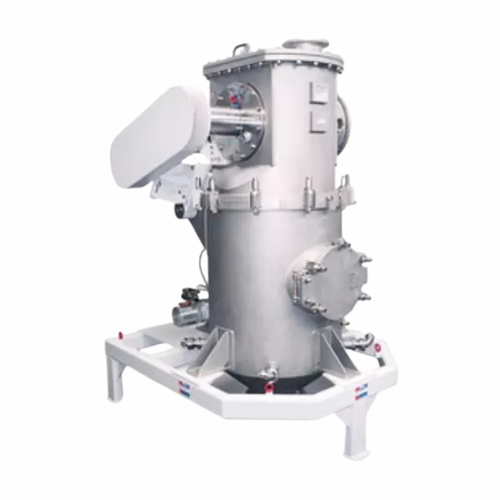
Fluidised bed opposed jet mill for ultrafine powder production
Achieve contamination-free ultrafine powder milling with ...
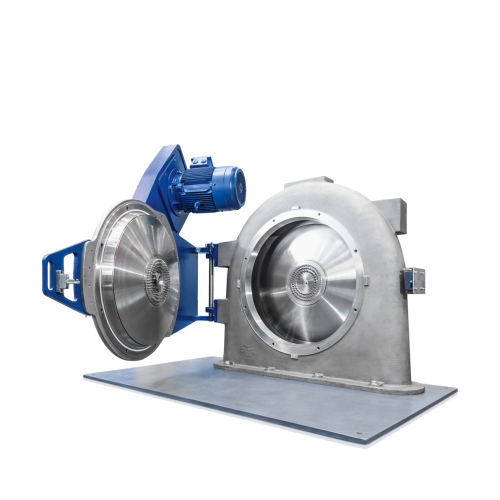
Pin mill for fine grinding of sticky materials
Achieve ultra-fine grinding of challenging materials with high speed and pr...
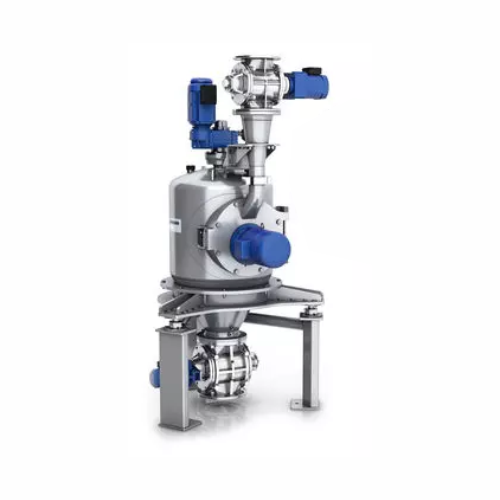
Sugar grinding and recrystallization system
Optimize your sugar production with a system that integrates grinding and recr...
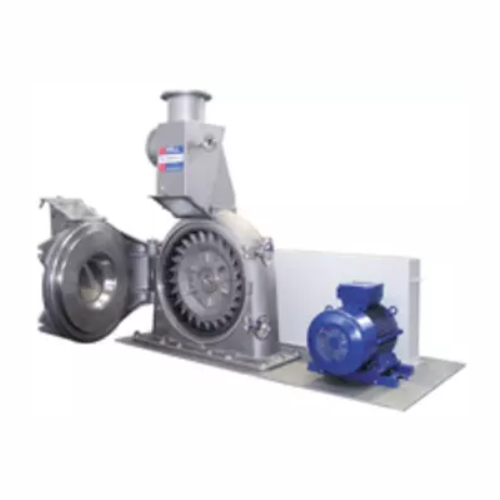
Versatile fine impact mill for soft materials
Achieve precision grinding with flexibility for a wide range of materials, e...
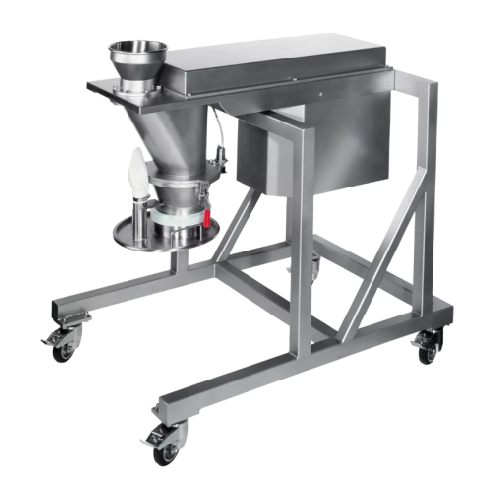
Flake crushers for gentle crushing of brittle materials
For processes needing precise granule control, our equipment ensu...
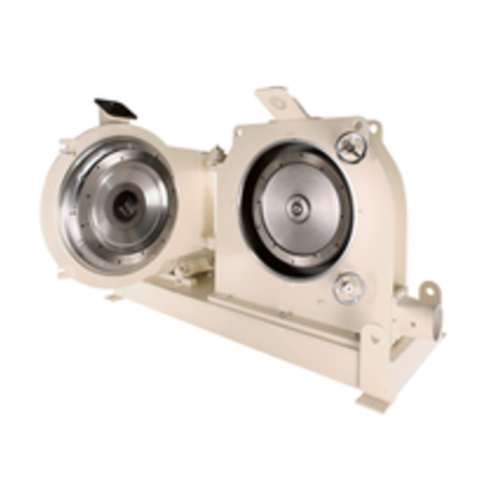
Fine cutting mill for soft to medium-hard plastics
Achieve precise size reduction and smooth particle shapes in plastic p...
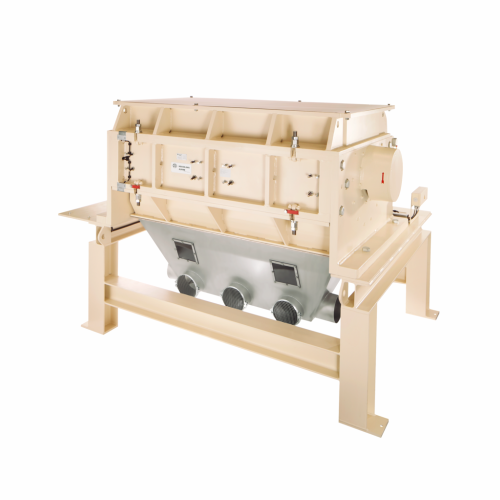
Compact granulator for plastic comminution
Optimize your plastic recycling operations with a compact granulator designed t...
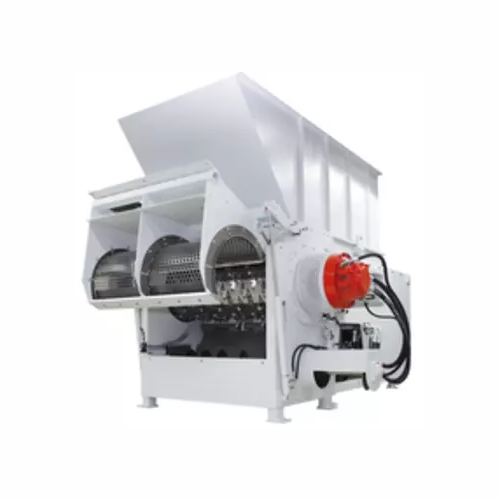
Heavy-duty shredder for difficult materials
Struggling with stubborn materials that resist conventional shredding? This ro...
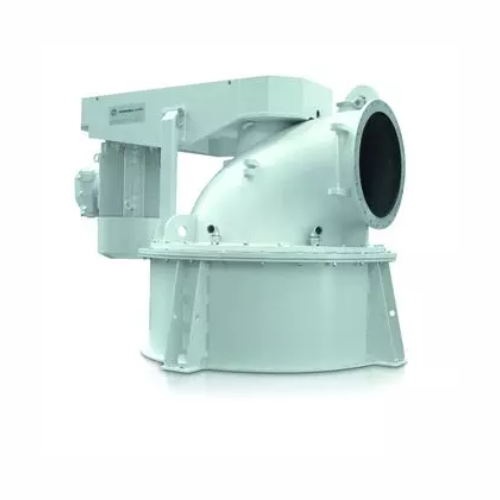
Air classifier for fine powder processing
Enhance your production line with precise particle size control and energy-effic...
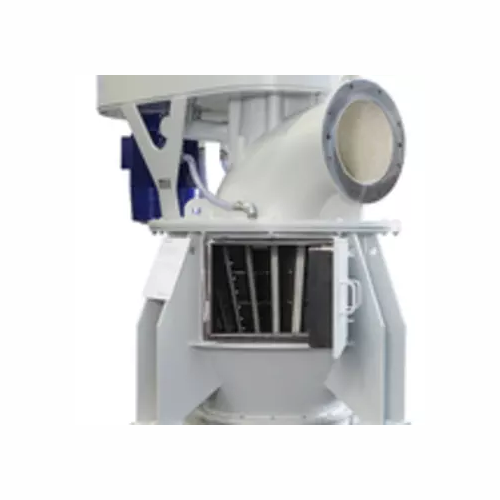
Ultrafine classifier for precise particle separation
Gain precise control over particle size with this ultrafine classifi...
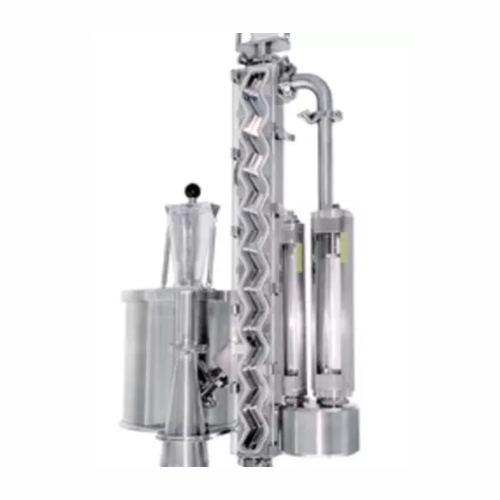
Gravity classifier for precise particle separation
Achieve sharp separations in particle processing with minimal maintena...
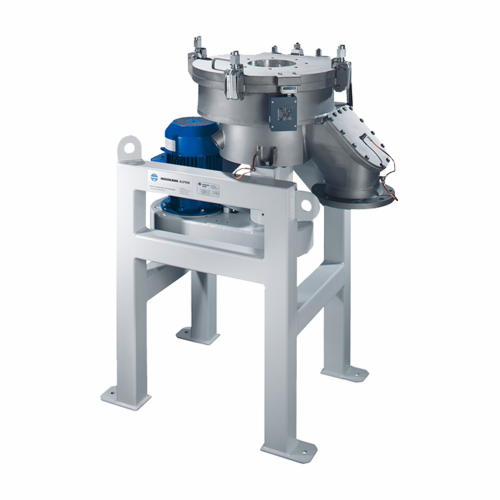
Ultrafine classifier for toner and pigments
Achieve unparalleled precision in classifying fine powders essential for high-...
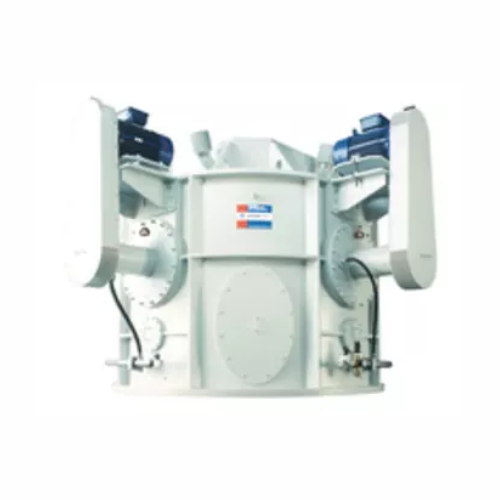
Ultrafine air classifier for powder separation
Achieve precise particle separation with technology designed to enhance you...
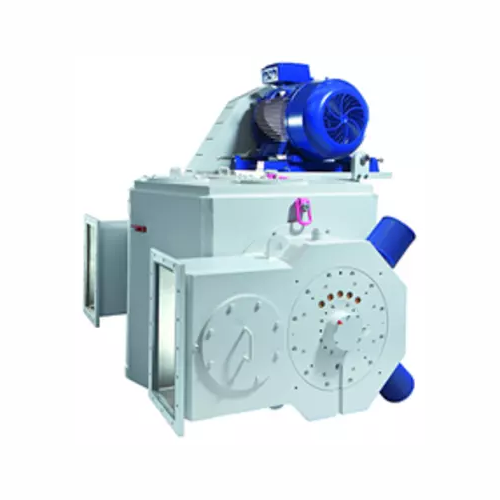
Ultrafine classifier for soft to medium-hard mineral processing
Achieve exceptional particle precision with an ultrafine...
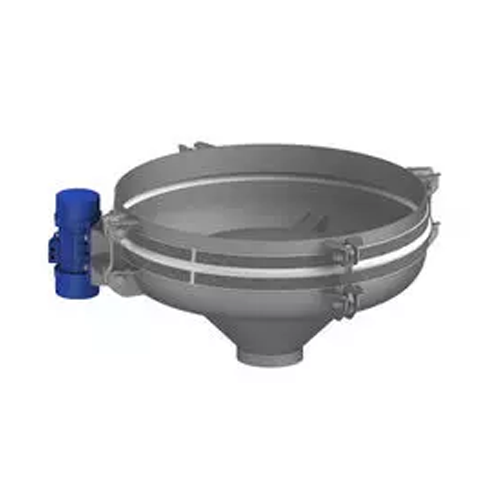
Discharge systems for difficult bulk materials
Achieve seamless bulk material discharge with our advanced systems that eff...
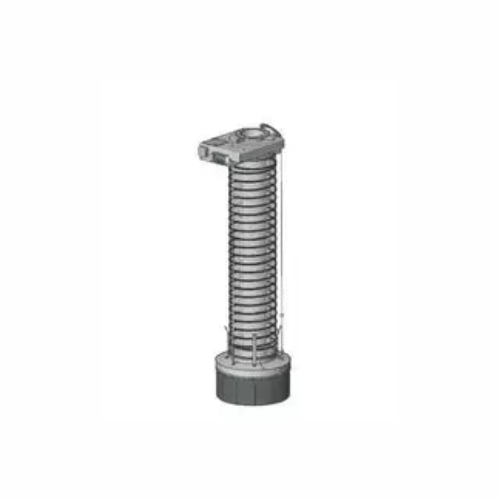
Automatic bulk material filling system
Ensure precise, contamination-free filling of various bulk materials with an advance...
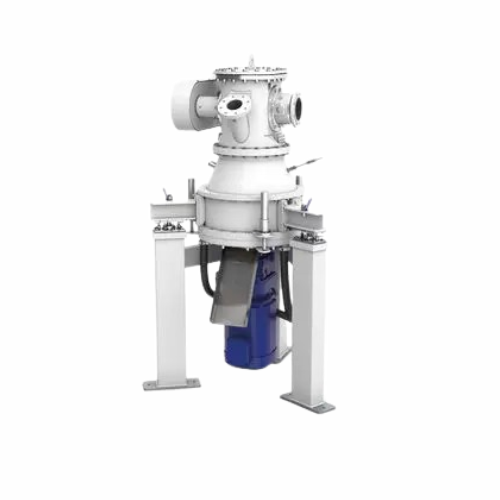
Ultra-fine dry grinding mill for glass and ceramics
Achieve ultra-fine particle sizes and energy savings with a dry grind...
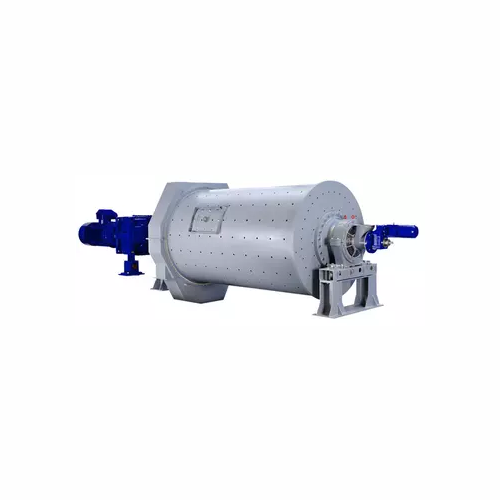
Ball mill for dry comminution of hard materials
Achieve ultrafine particle sizes and precise material breakdown with this ...
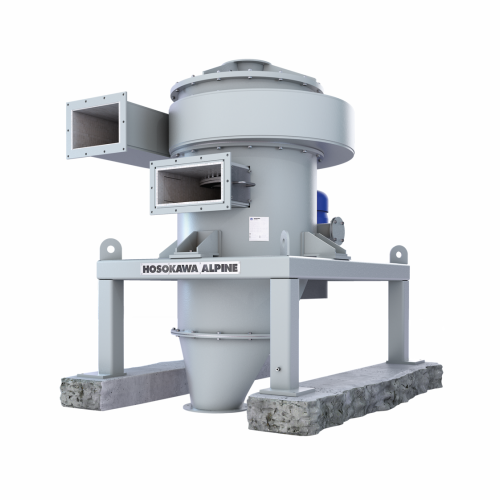
Air classifier for fine to medium-fine separation
Reduce energy consumption and wear while achieving high precision in th...

Air jet sieve for particle size analysis
Achieve precise particle size distribution effortlessly for your powders, ensuring...
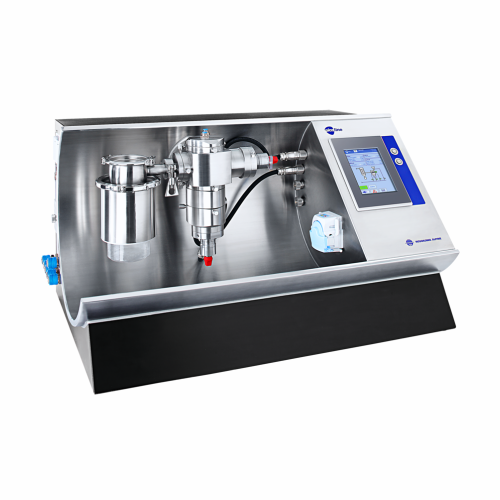
Laboratory system for powder and particle processing
When precision in powder processing is crucial, this versatile labor...
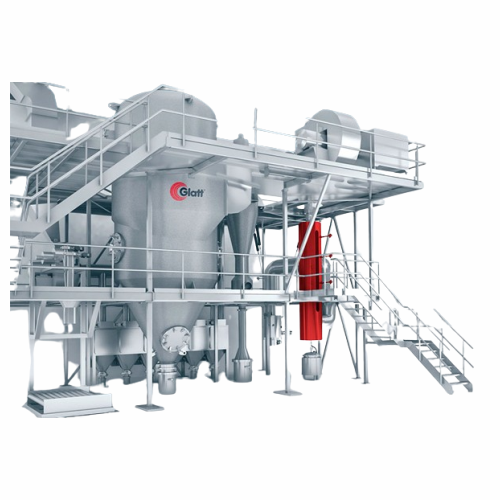
Powder synthesis reactors for nanometer and micrometer particles
Achieve precise particle control and enhance material p...
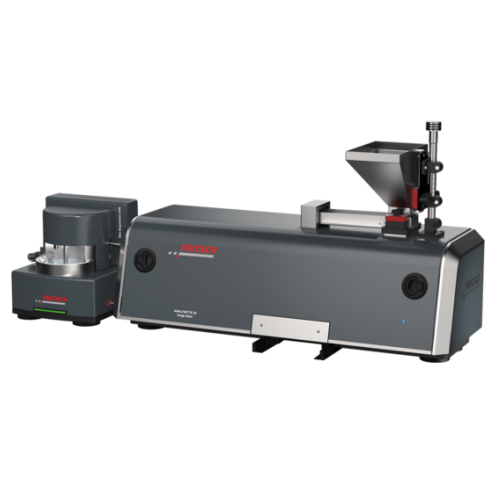
Particle sizing for powders and suspensions
Optimize particle shape and size analysis with rapid, reproducible results for...

Oil absorption testing instrument for carbon black and silica
Accurately measure oil absorption in powders to enhance fo...
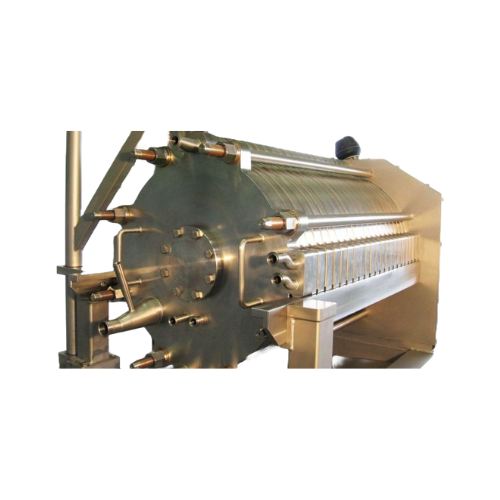
Crossflow filtration for microfine to nanoscale suspensions
Optimize your production line with advanced crossflow filtra...
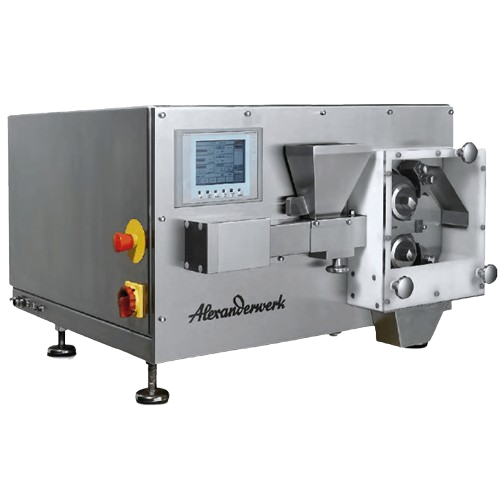
Dry granulation technology
Achieve precise control over particle size and density with our compacting and granulation soluti...
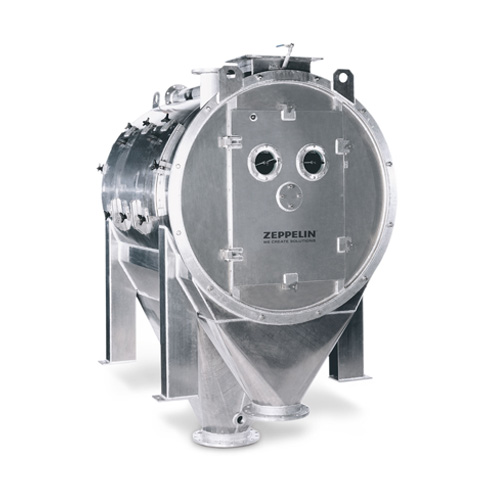
Industrial rotary sifter for bulk materials
Ensure precision and quality in your production line with a robust solution de...
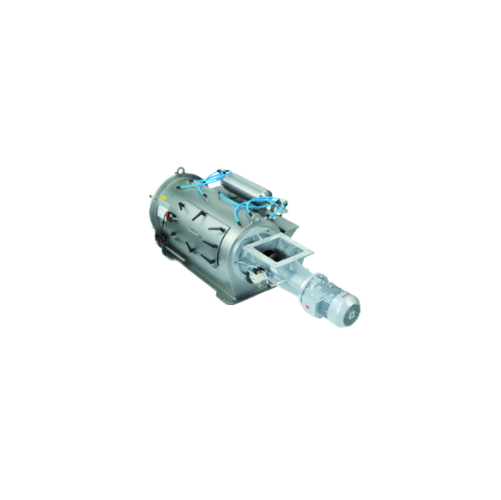
Rotary sifter for bulk material preparation
Ensure precise material preparation and protect downstream processes by integr...
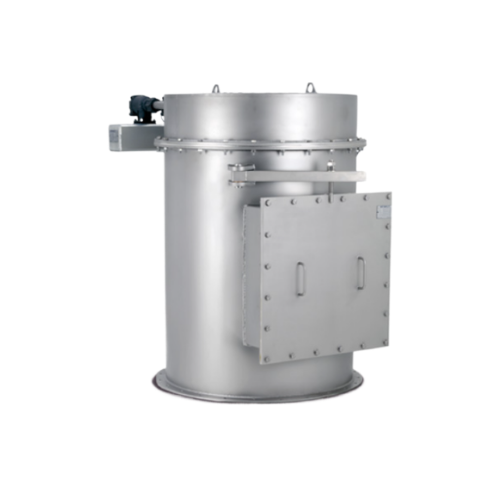
Industrial bin vent filter for fine dust particles
Enhance your production line with efficient fine dust filtration to en...
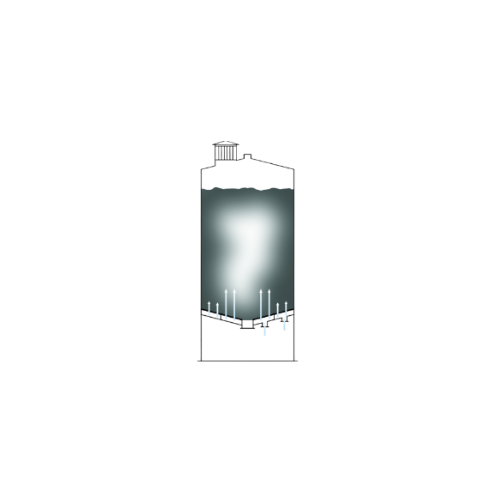
Fluidizing bed blending silo for powder mixing
Optimize your batch mixing process with a fluidizing bed blending silo, des...

Industrial conveying system for carbon black and silica
Ensure dust-free conveyance of sensitive materials like carbon bl...
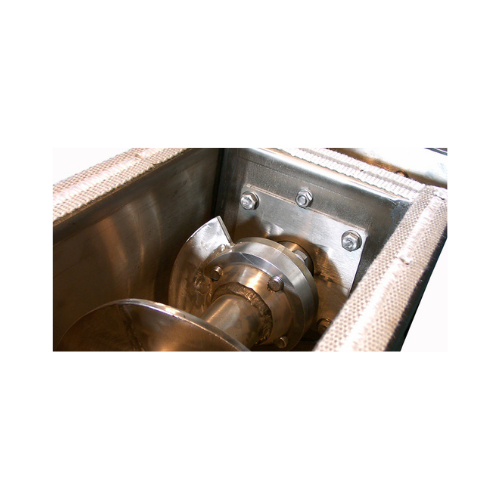
High-temperature screw conveyors for bulk solids
Designed for extreme conditions, these conveyors handle high-temperature ...
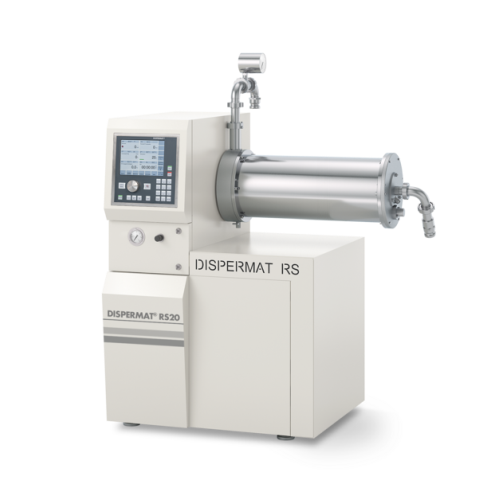
Horizontal bead mill for fine grinding in continuous process
Achieve ultrafine particle dispersion and consistent mixing...
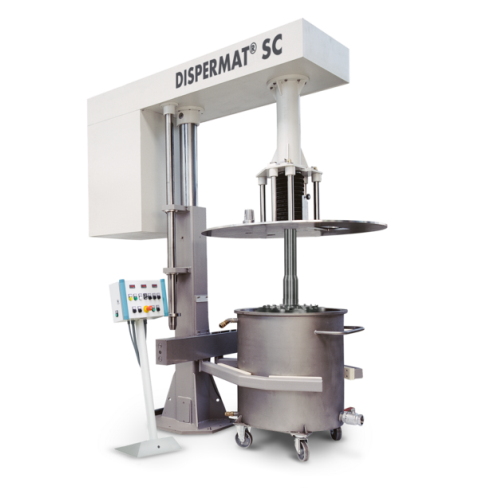
High-performance production dissolver for large batches
Achieve precise and repeatable dispersion for complex formulation...
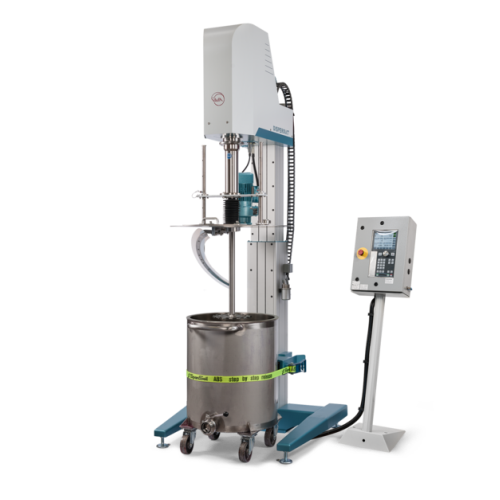
Explosion-proof dissolver with scraper for high viscosity substances
Ensure flawless dispersion with enhanced safety, d...
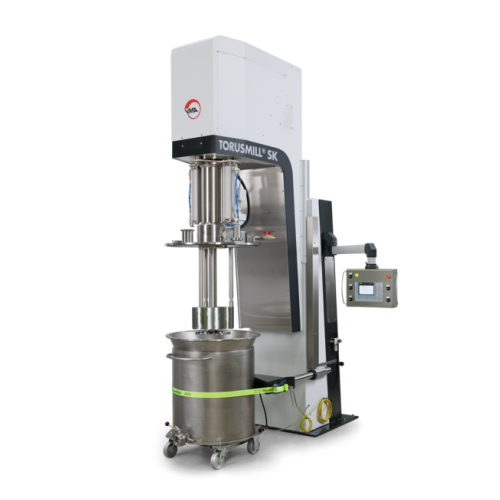
Vacuum basket mill for high-viscosity product milling
Achieve refined particle size and smooth texture in your high-visco...
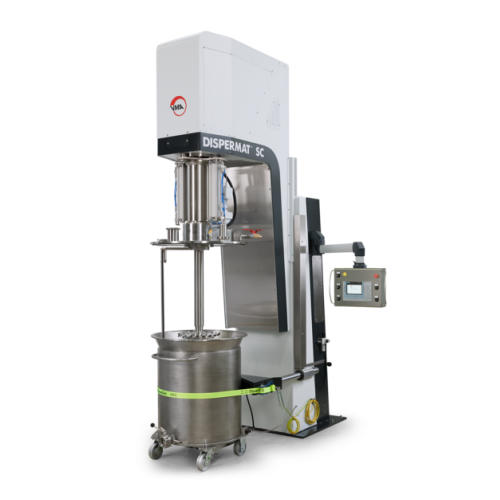
Explosion-proof vacuum disperser for high-viscosity substances
Achieve precise dispersion and eliminate air inclusions w...
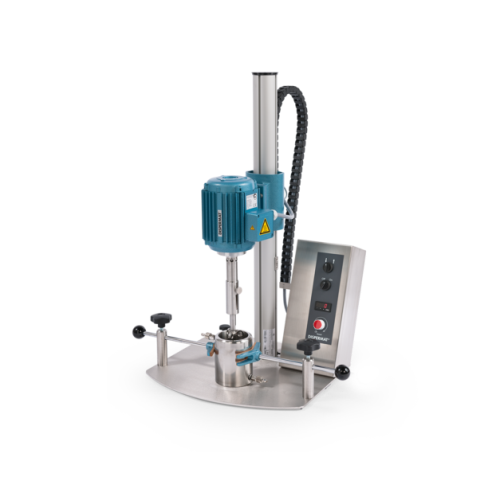
Laboratory stirrers for high viscosity materials
Efficiently mix and stir high-viscosity materials with ease, enabling pre...
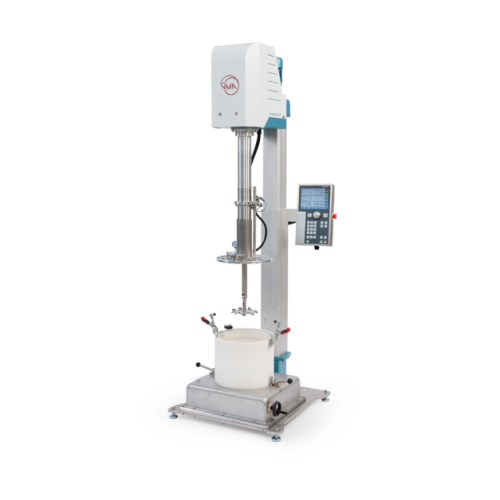
Laboratory vacuum dissolver
Experience precision vacuum processing for your high-viscosity formulations, ensuring optimal di...
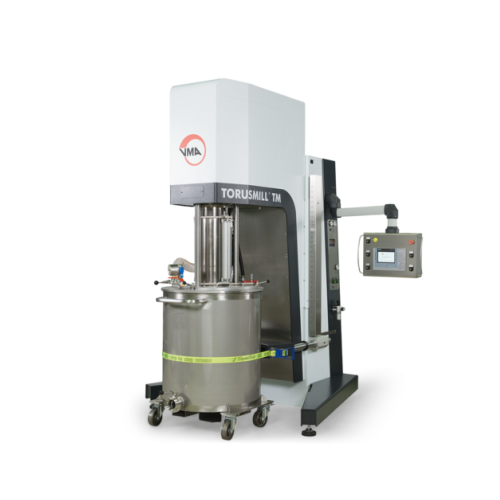
Dissolver for high-volume industrial dispersion
Achieve precise and efficient mixing with this dissolver, designed for sea...
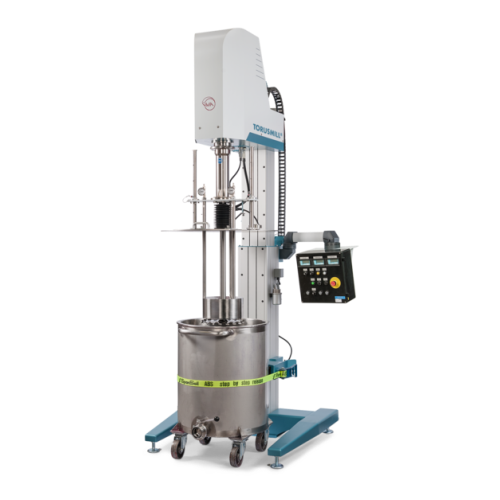
Explosion-proof basket mill for fine grinding
Achieve efficient and safe fine grinding with this innovative explosion-proo...
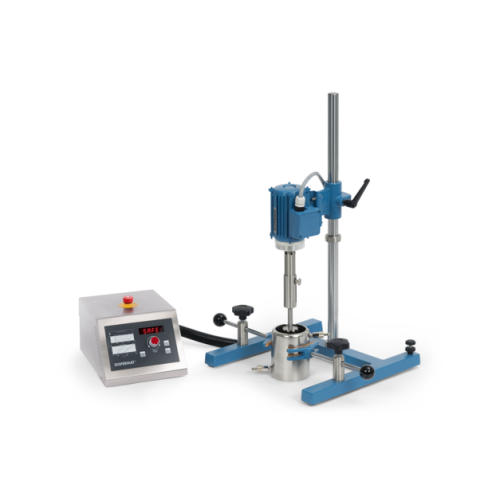
Lab and pilot plant dissolver for dispersion and fine grinding
Achieve efficient dispersion and fine grinding in laborat...
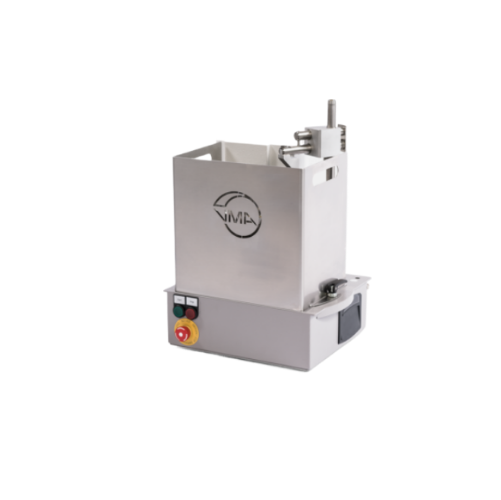
Industrial dissolver for high-viscosity materials
Efficiently disperse and mix high-viscosity materials with precision, e...
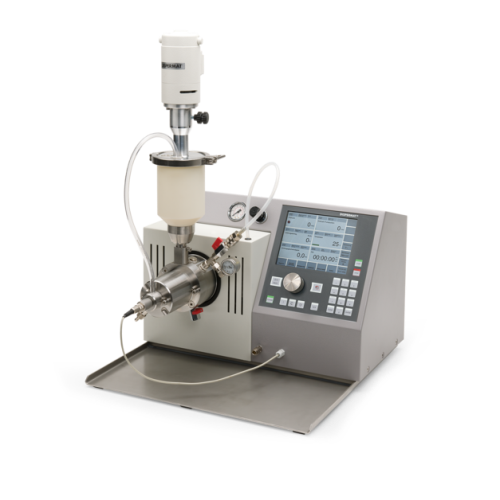
Nano bead mill for laboratory wet grinding
Achieve ultra-fine particle dispersion and consistent milling results with this...
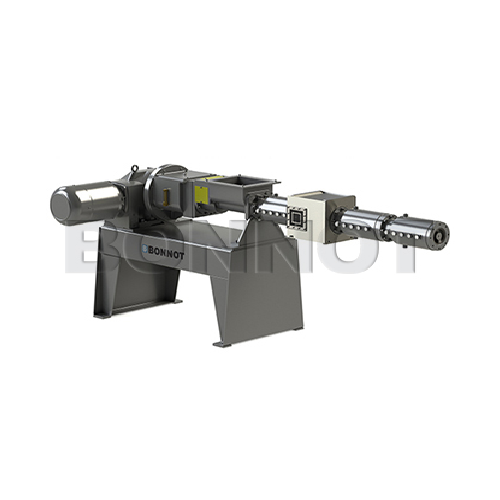
Vacuum extruder for high-viscosity materials
Optimize material processing with precision de-airing and temperature control...
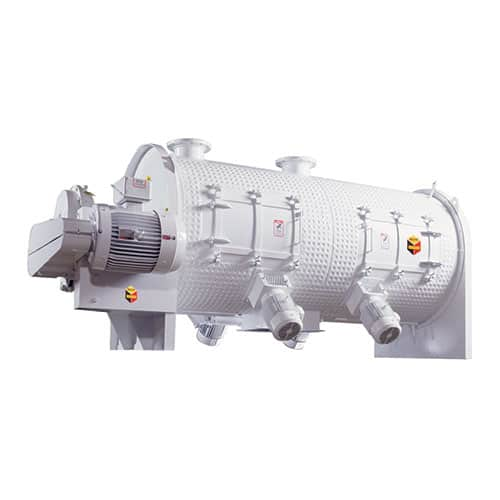
Industrial plow mixer for efficient solid and liquid mixing
Experience unparalleled mixing precision with high-speed plo...
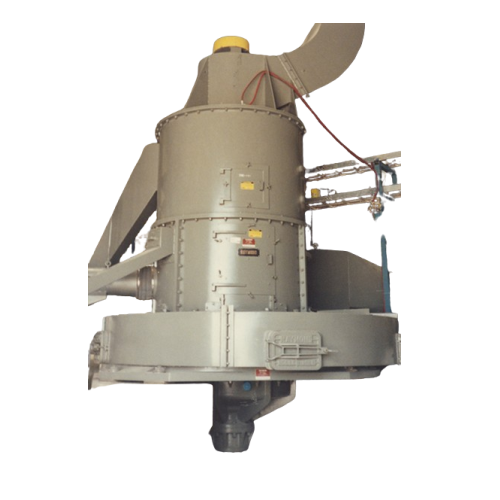
Vertical ring-roll mill for pulverizing minerals
Achieve precise particle size control and efficient material processing w...
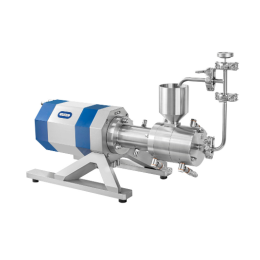
Agitator bead mill for flow chemistry
During the early stages of synthesis, generating only limited product quantities can ...
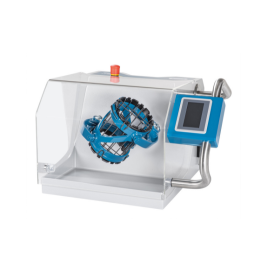
R&D shaker mixer for battery powders and chemicals
Material heterogeneity, agglomeration, and contamination are key param...

Classifier mill for recovered carbon black
Recovered Carbon Black (rCB) can be recycled back to the tire production chain ...
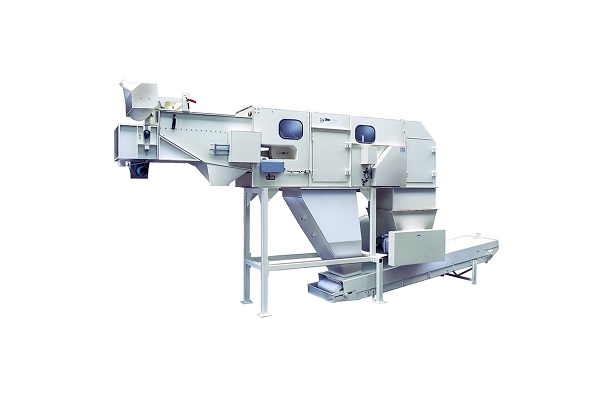
Automatic bag slitter
Unacceptably high dust levels can be generated whilst manual emptying and handling of bags, also produc...
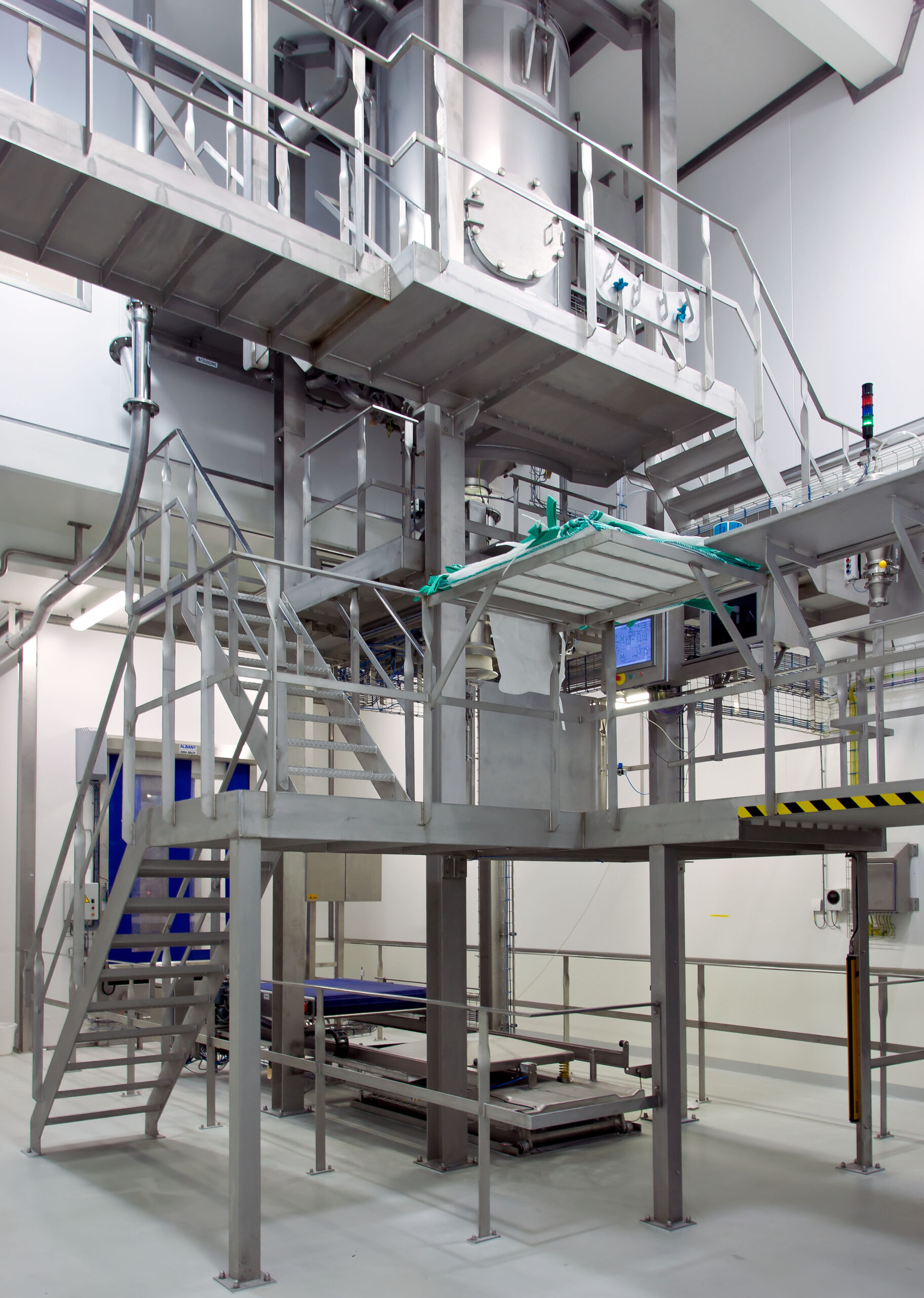
Hygienic FIBC handling line
There are many considerations when handling FIBC’s (Flexible Intermediate Bulk Containers)...
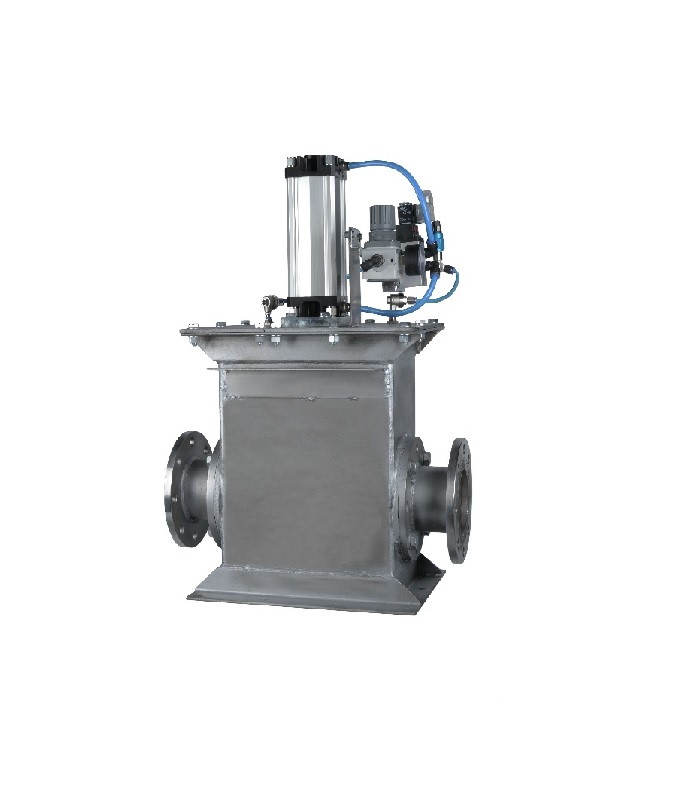
2-way diverter valves for pneumatic conveying
Products conveyed through pneumatic conveyor lines often need to be diverted...
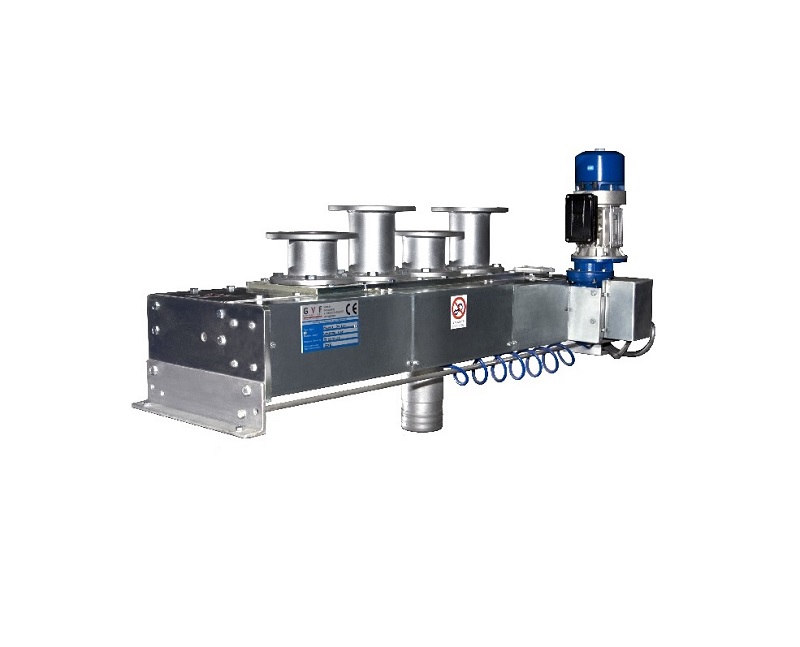
Multi-way diverter valve for pneumatic conveying
Products conveyed through pneumatic conveyor lines often need to be diver...
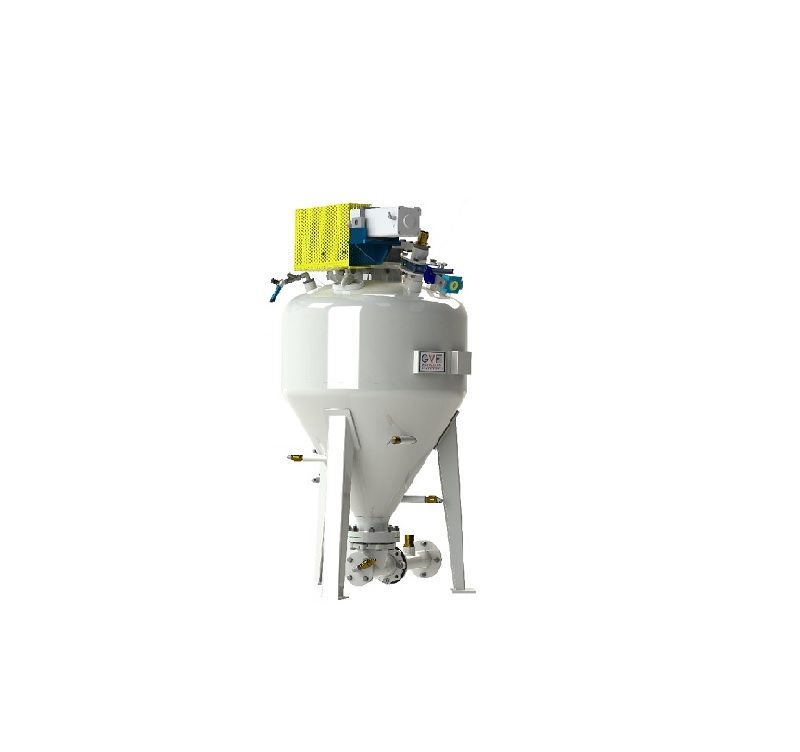
Dense phase conveyor for normal wearing materials
Dense phase pneumatic conveying is used for powders, granules, and grai...
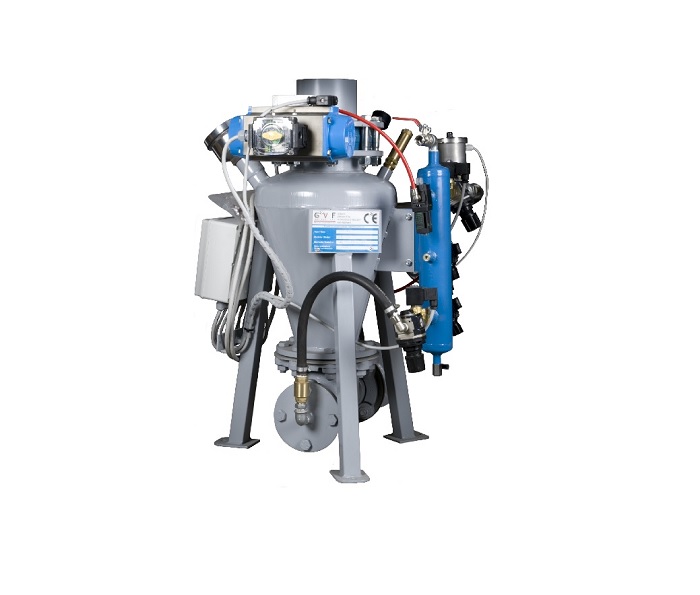
Dense phase conveyor for powders and granules
Some manufacturing and filling operations require a smaller pneumatic transp...
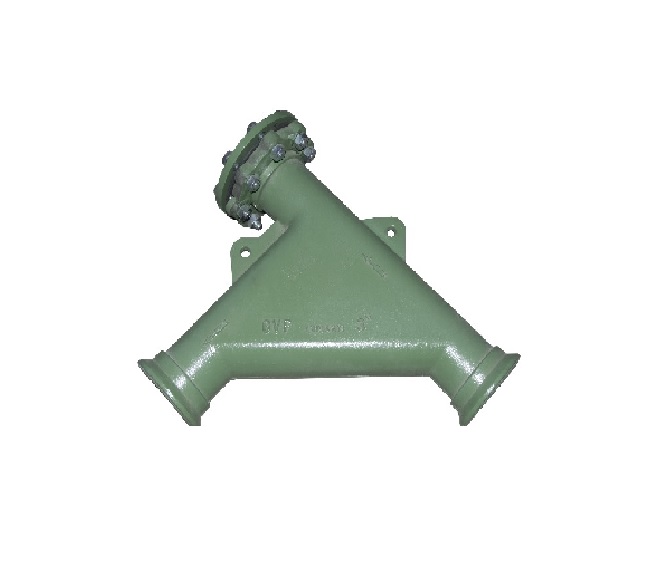
Wear resistant bends for pneumatic conveying
Bends in pneumatic conveyor lines cause load loss leading to lower flow rates...
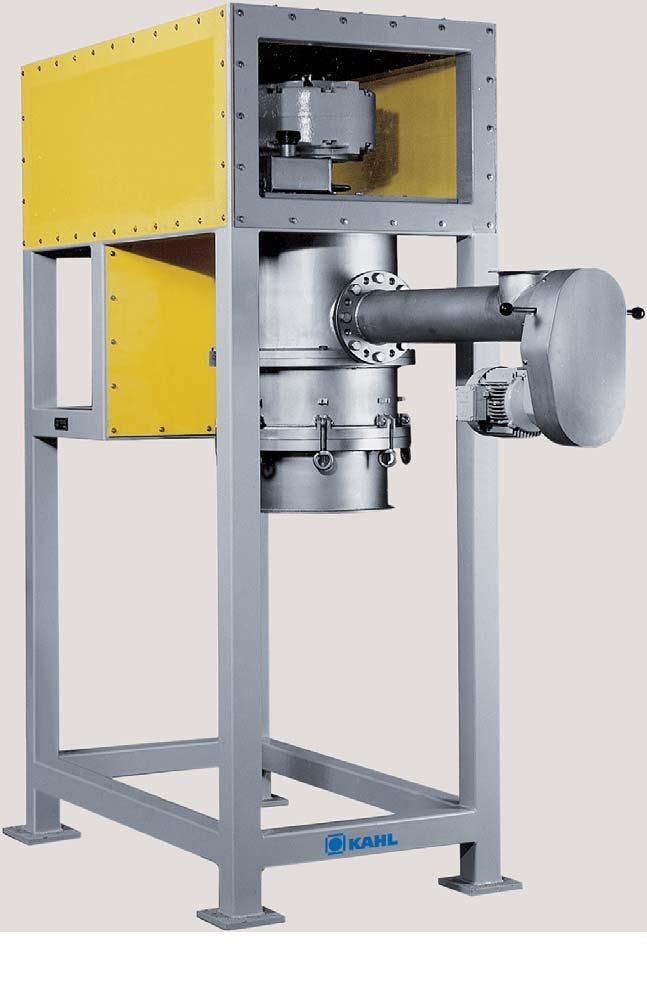
Pelleting press with overhead drive
Production of certain pelletized products requires working with output products of a pa...
